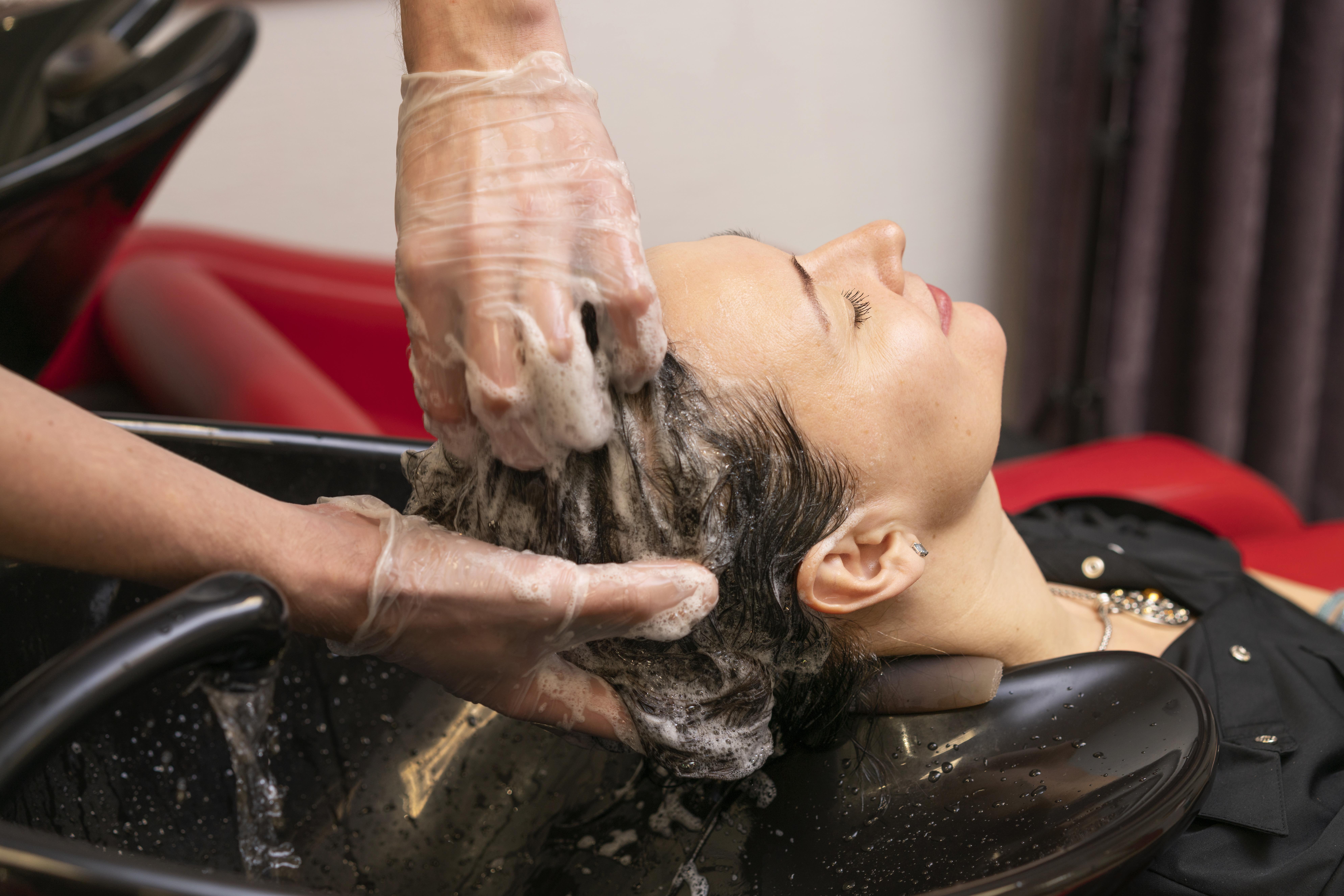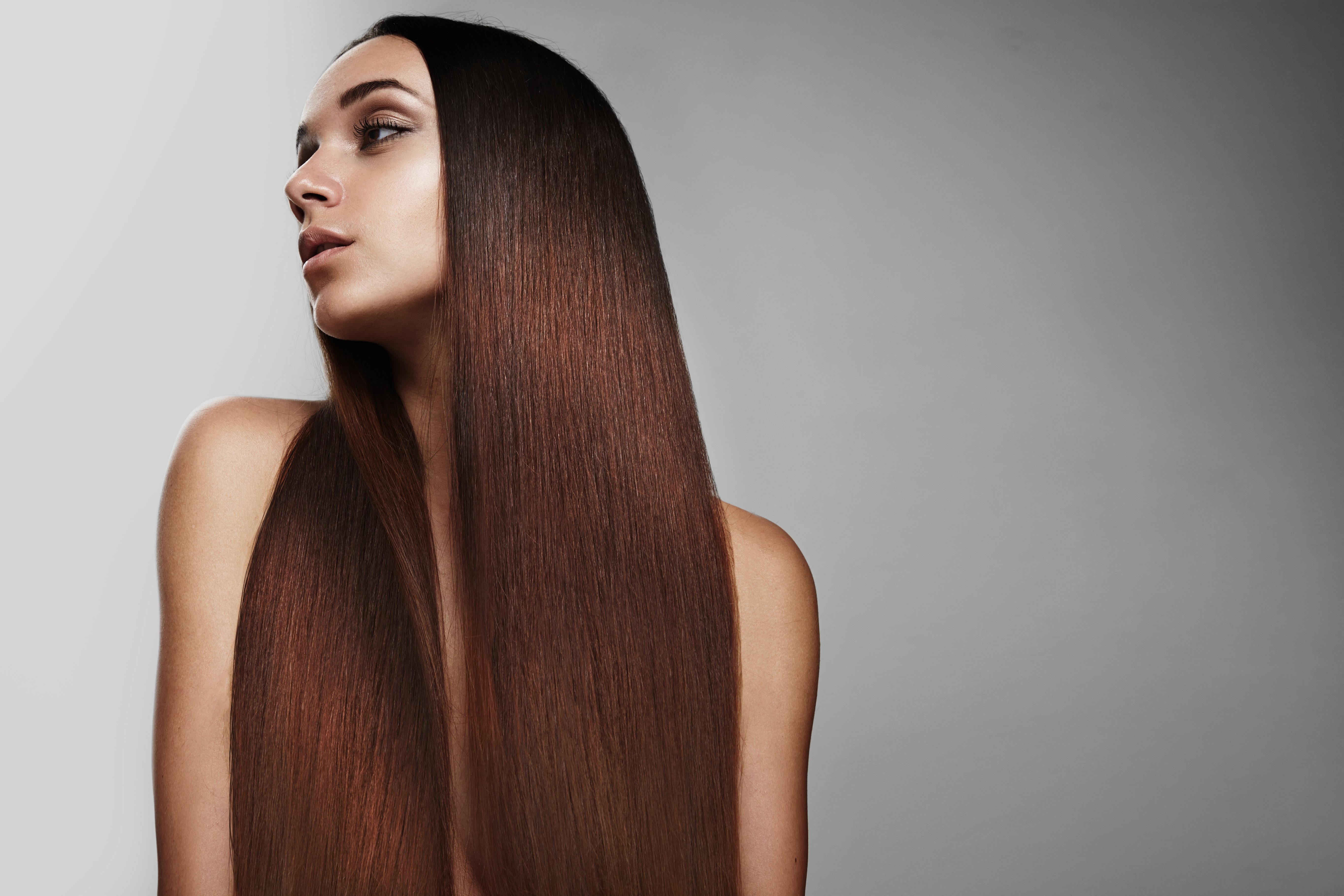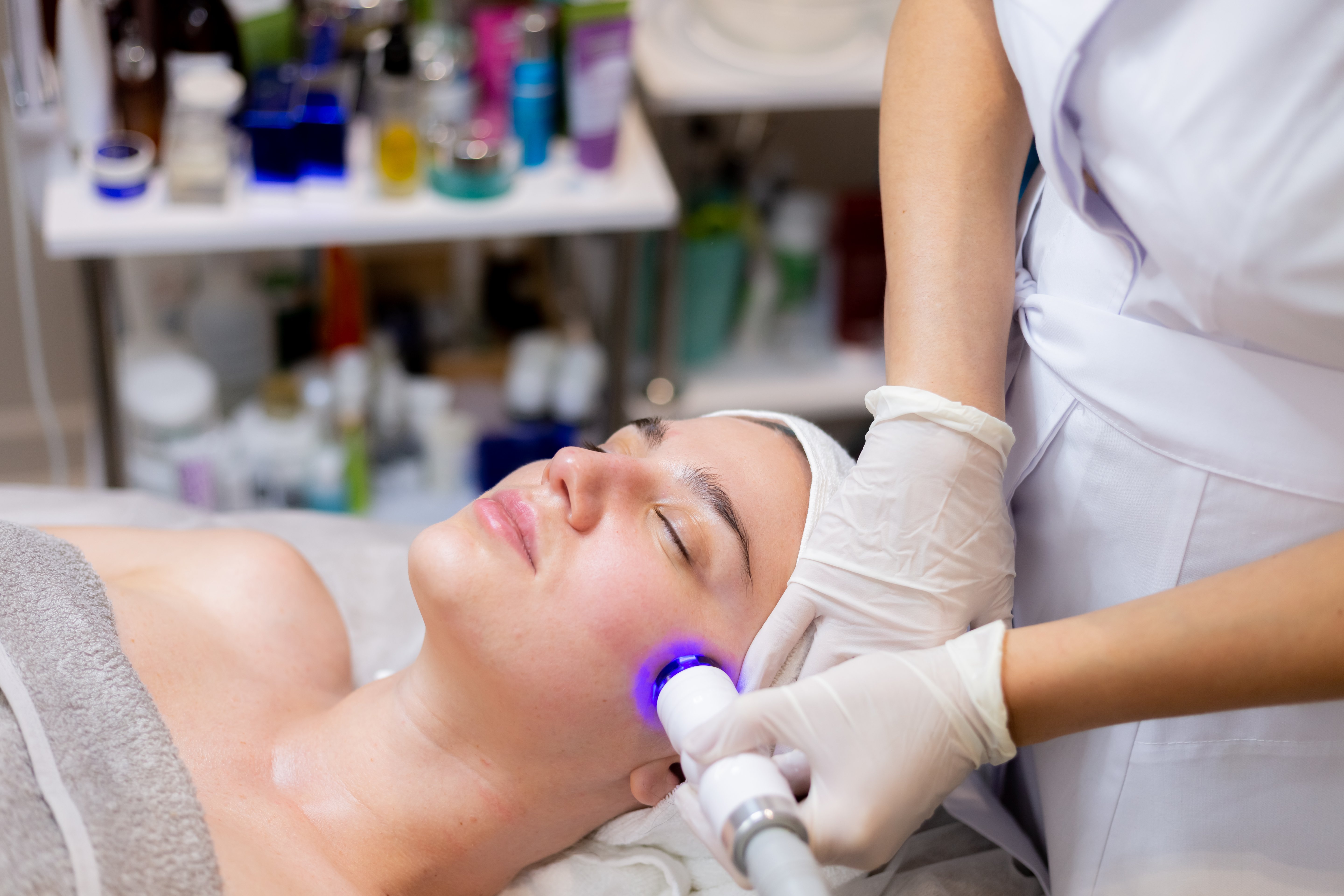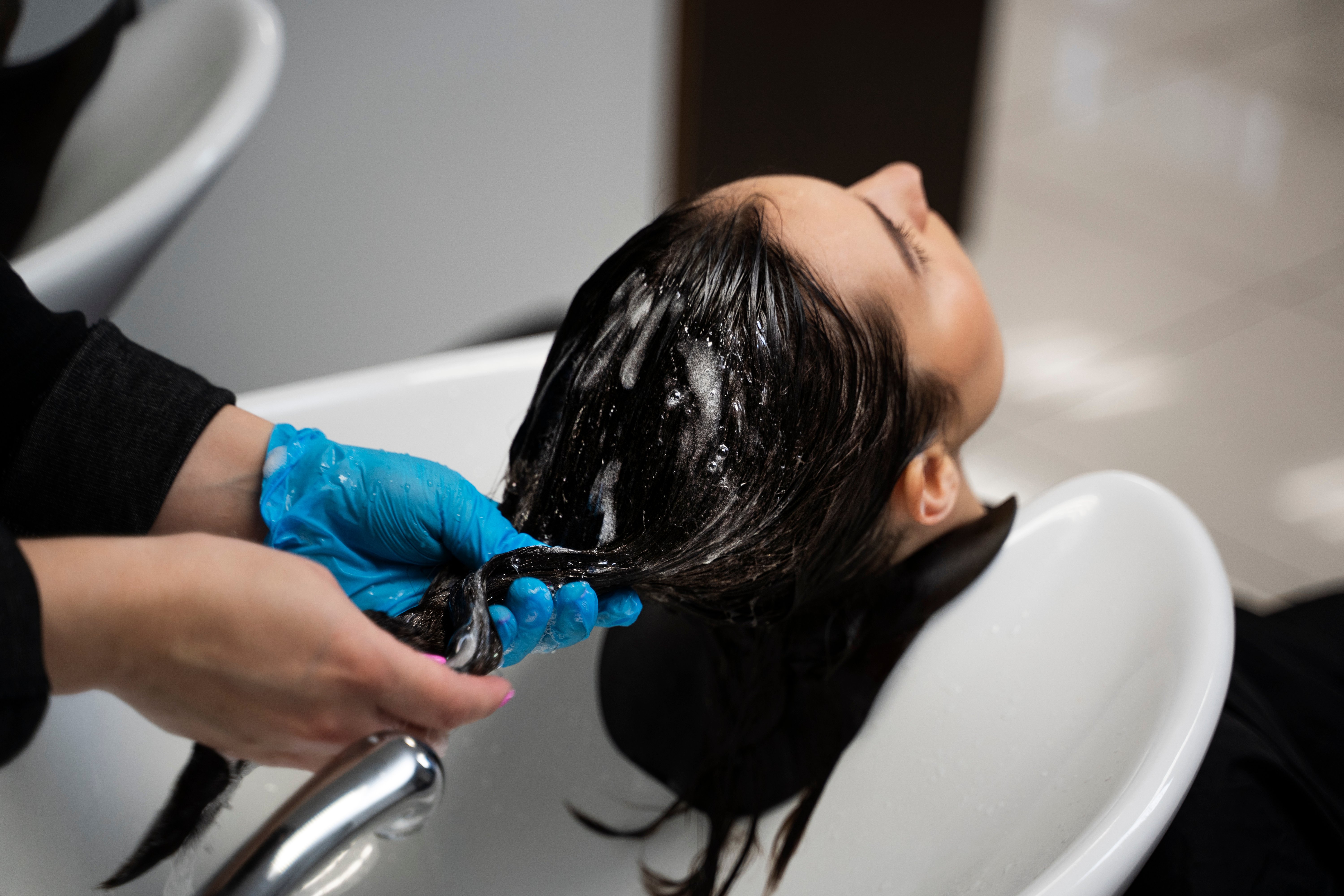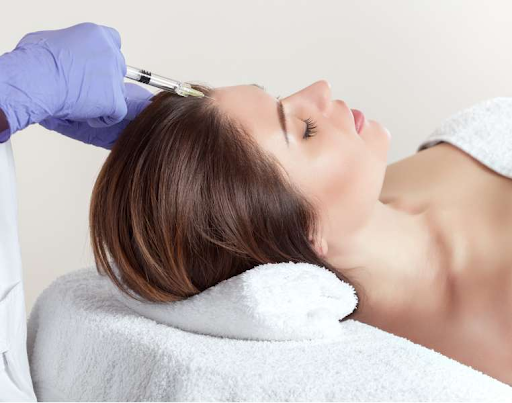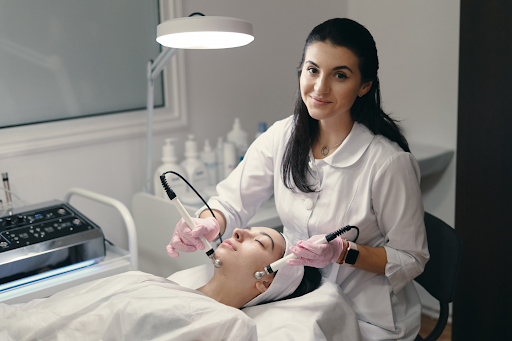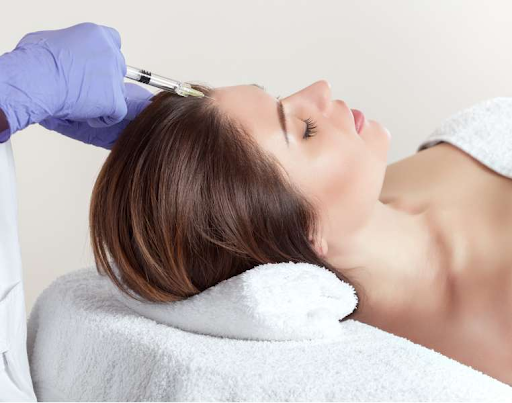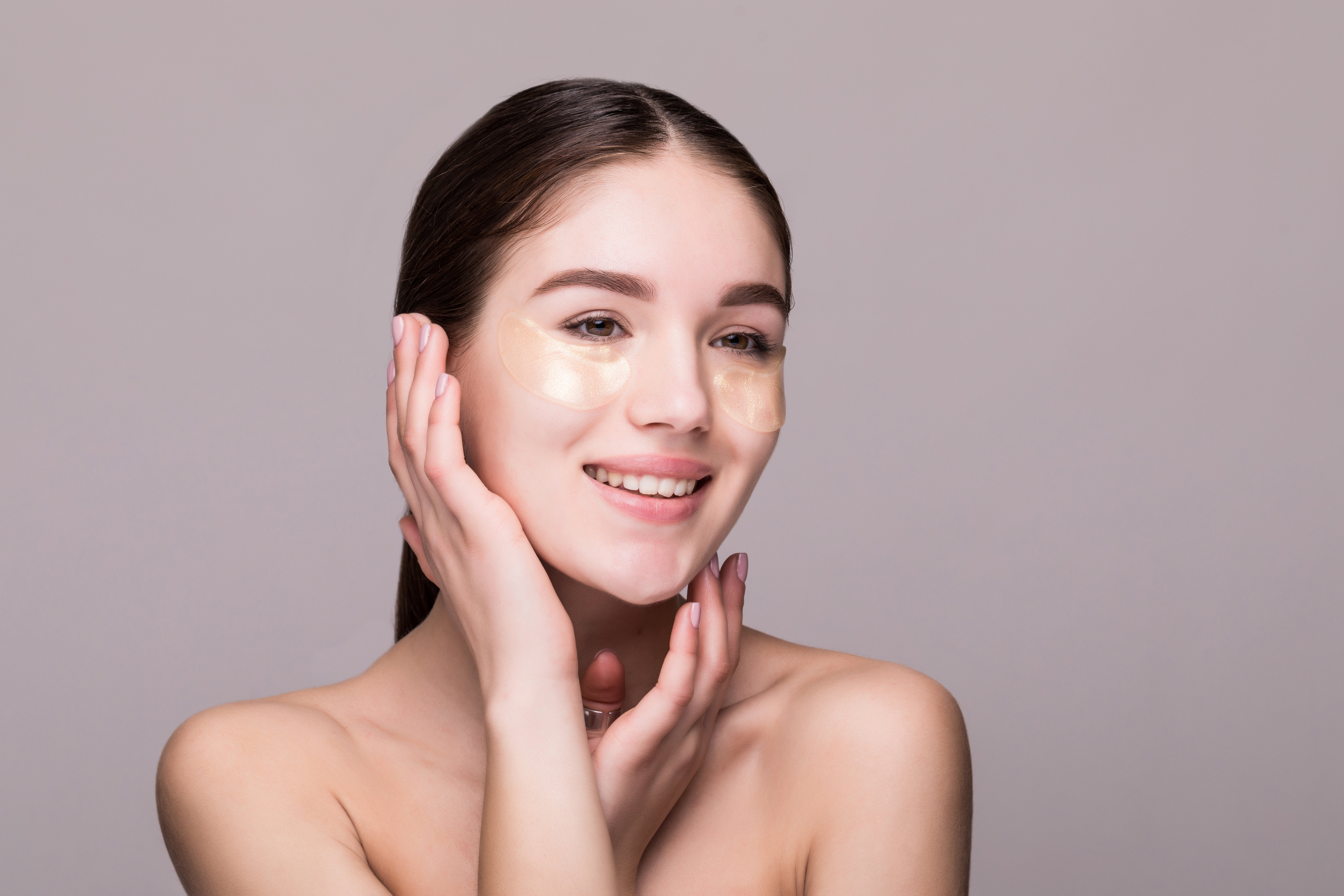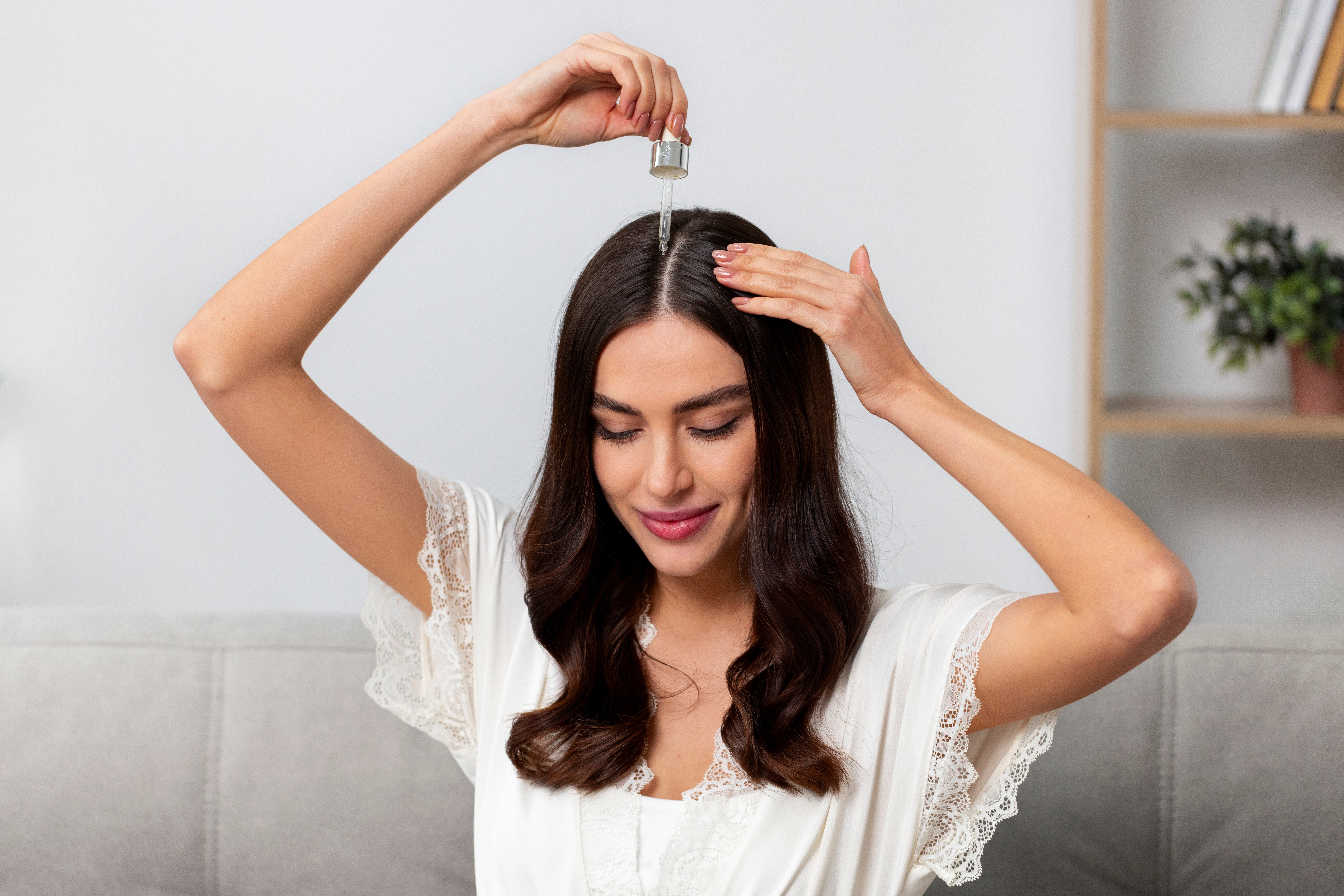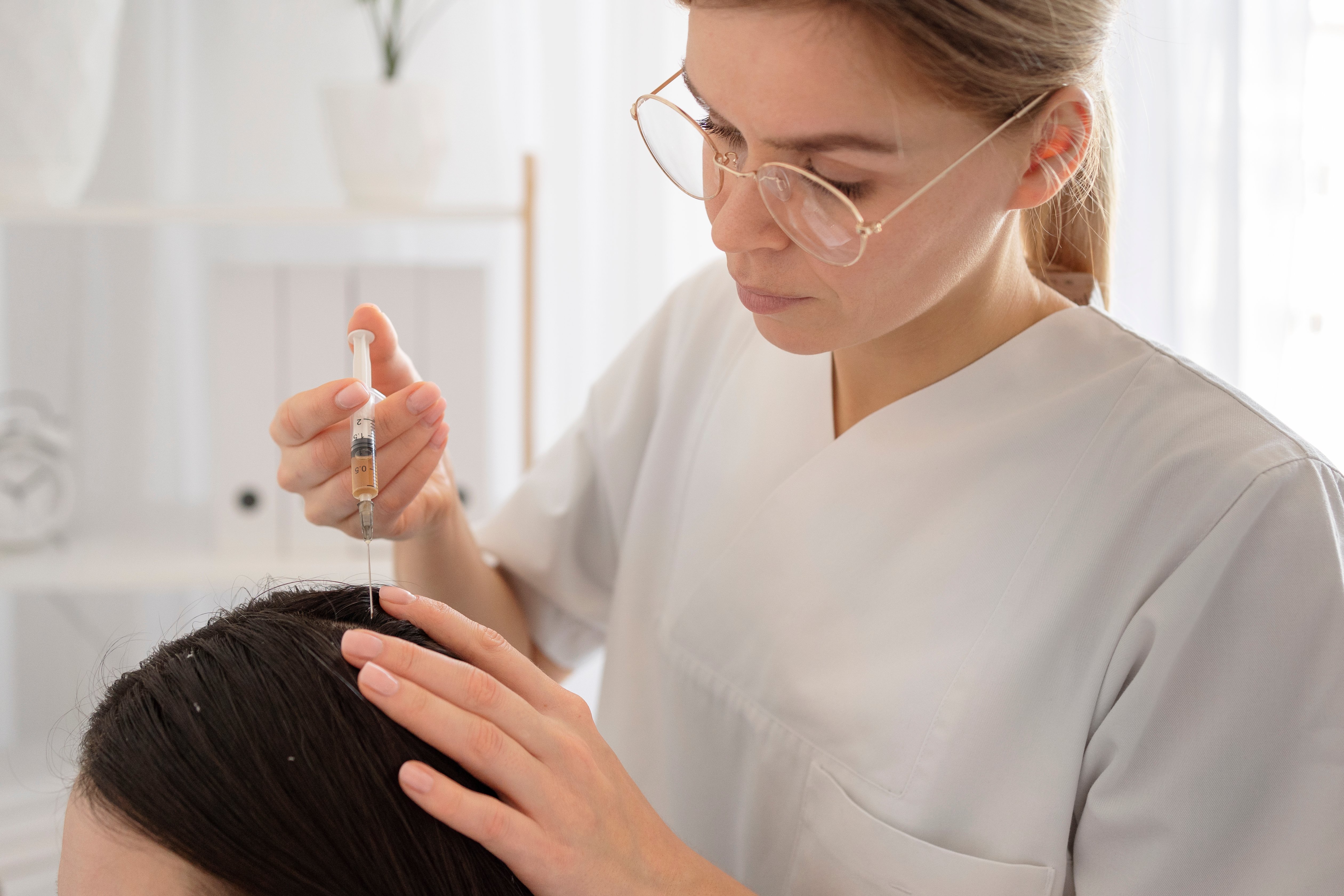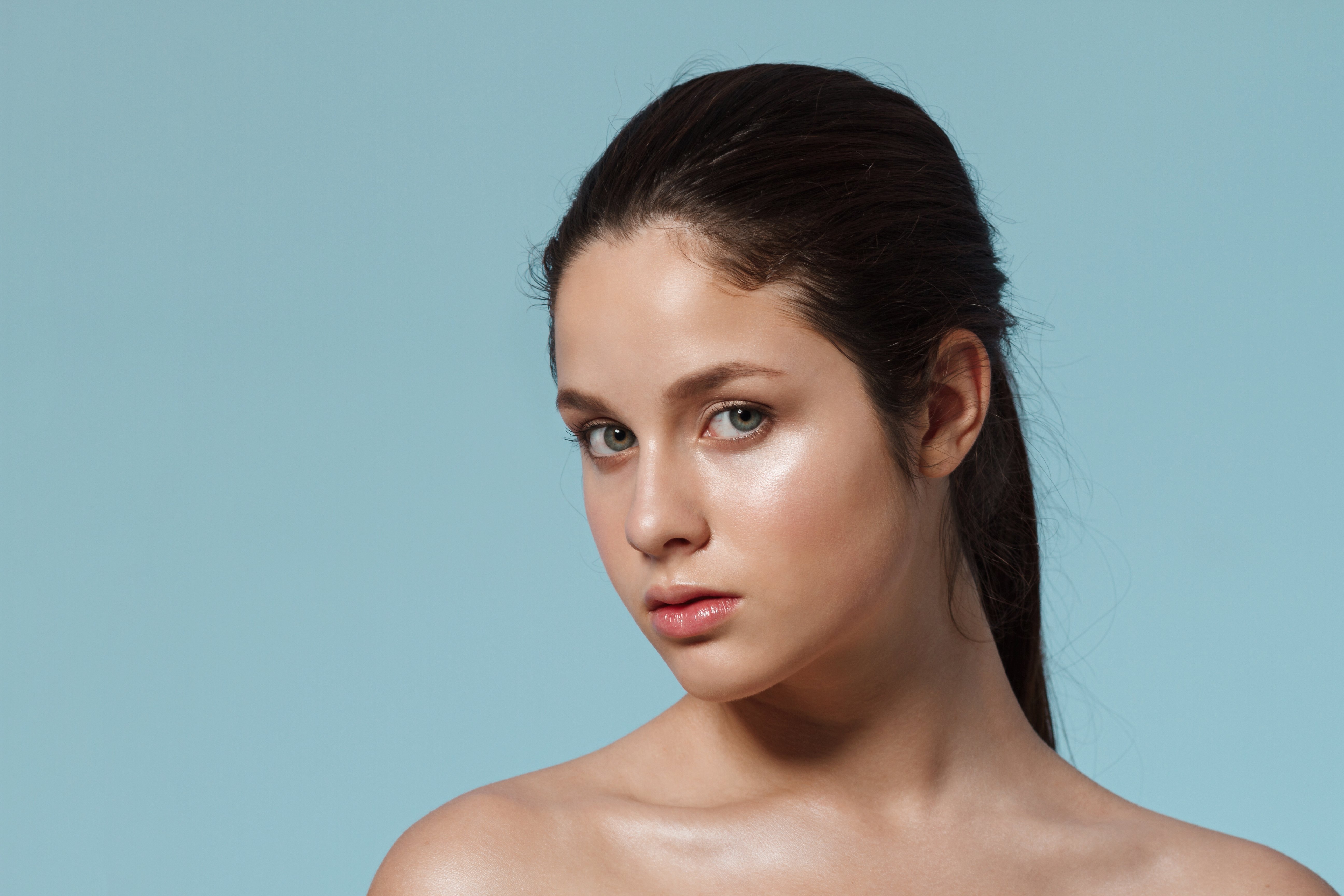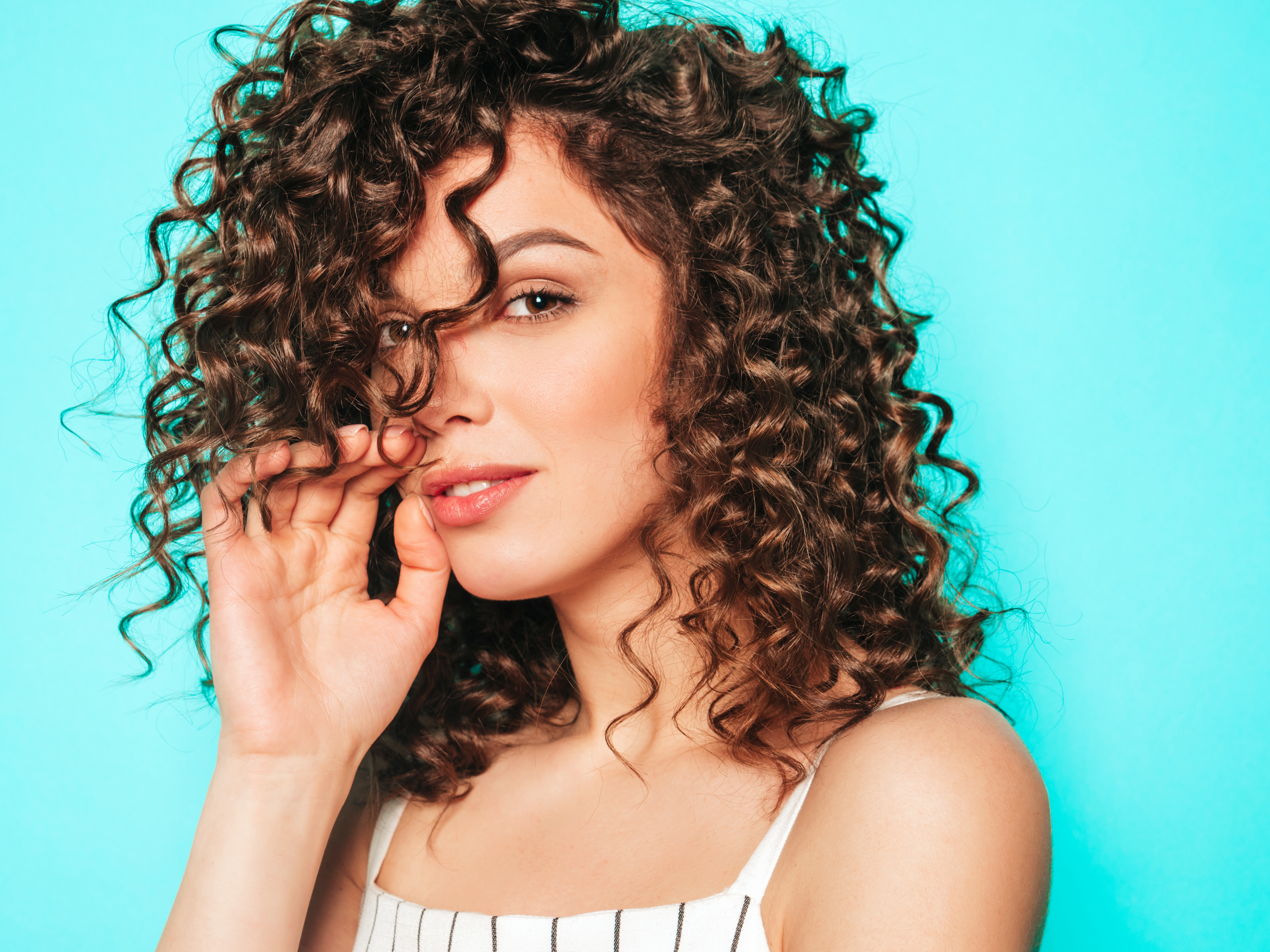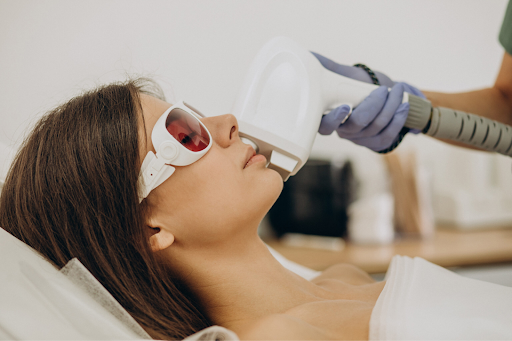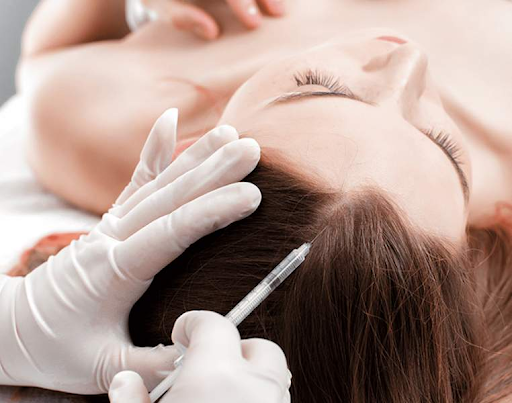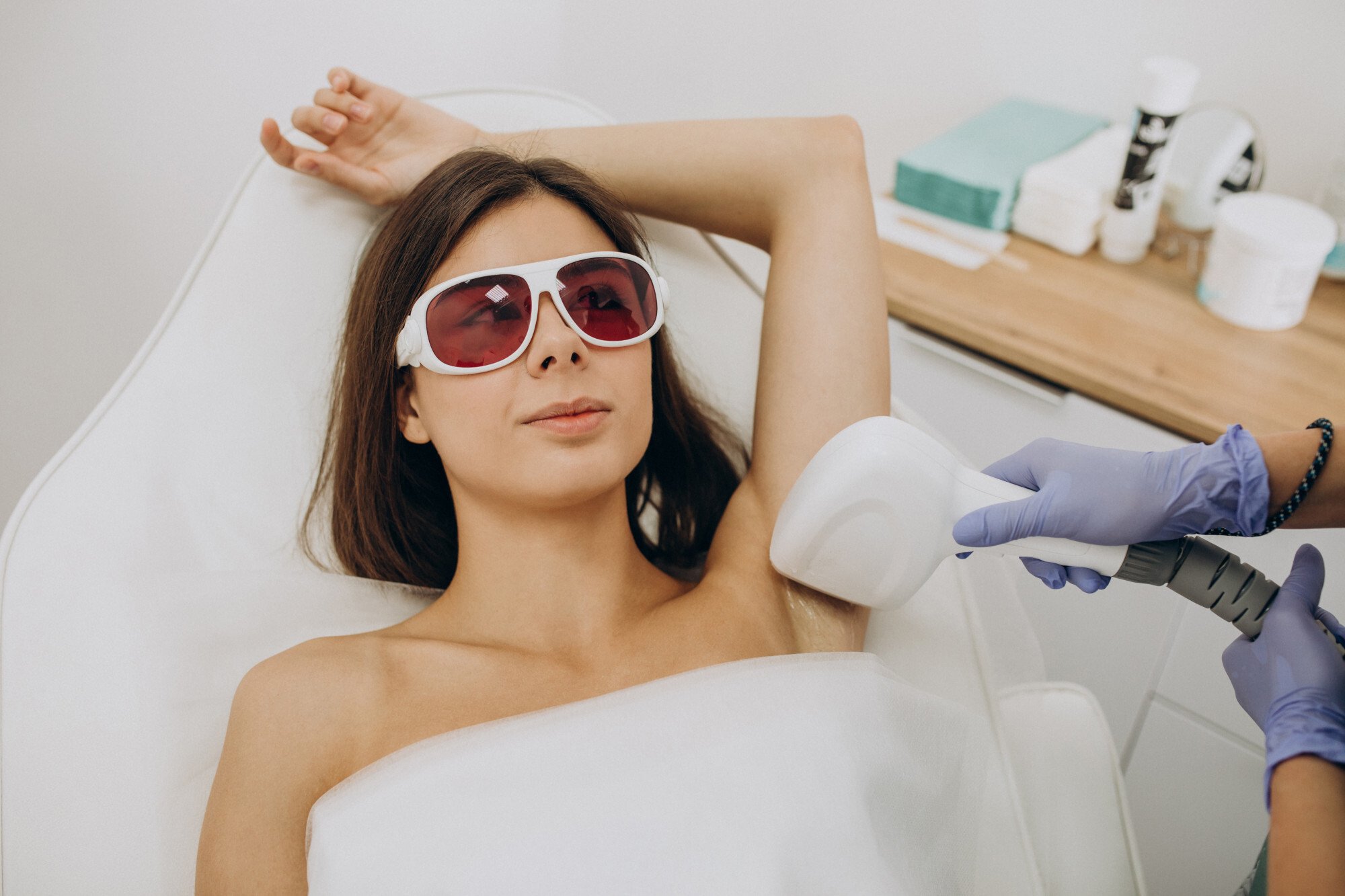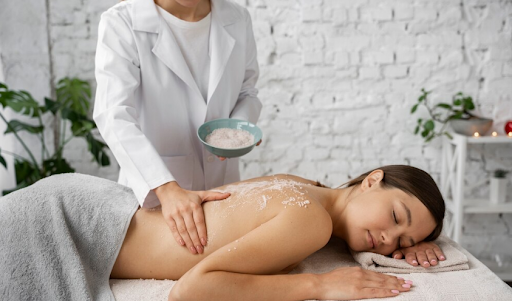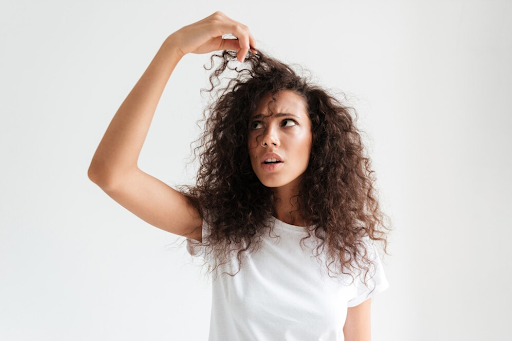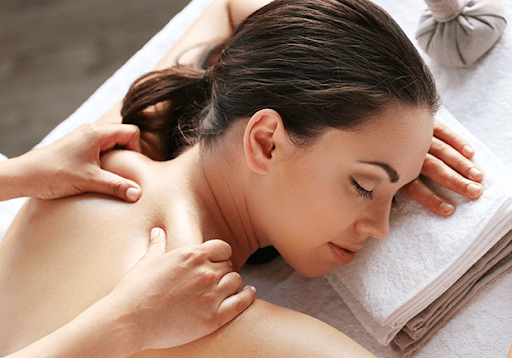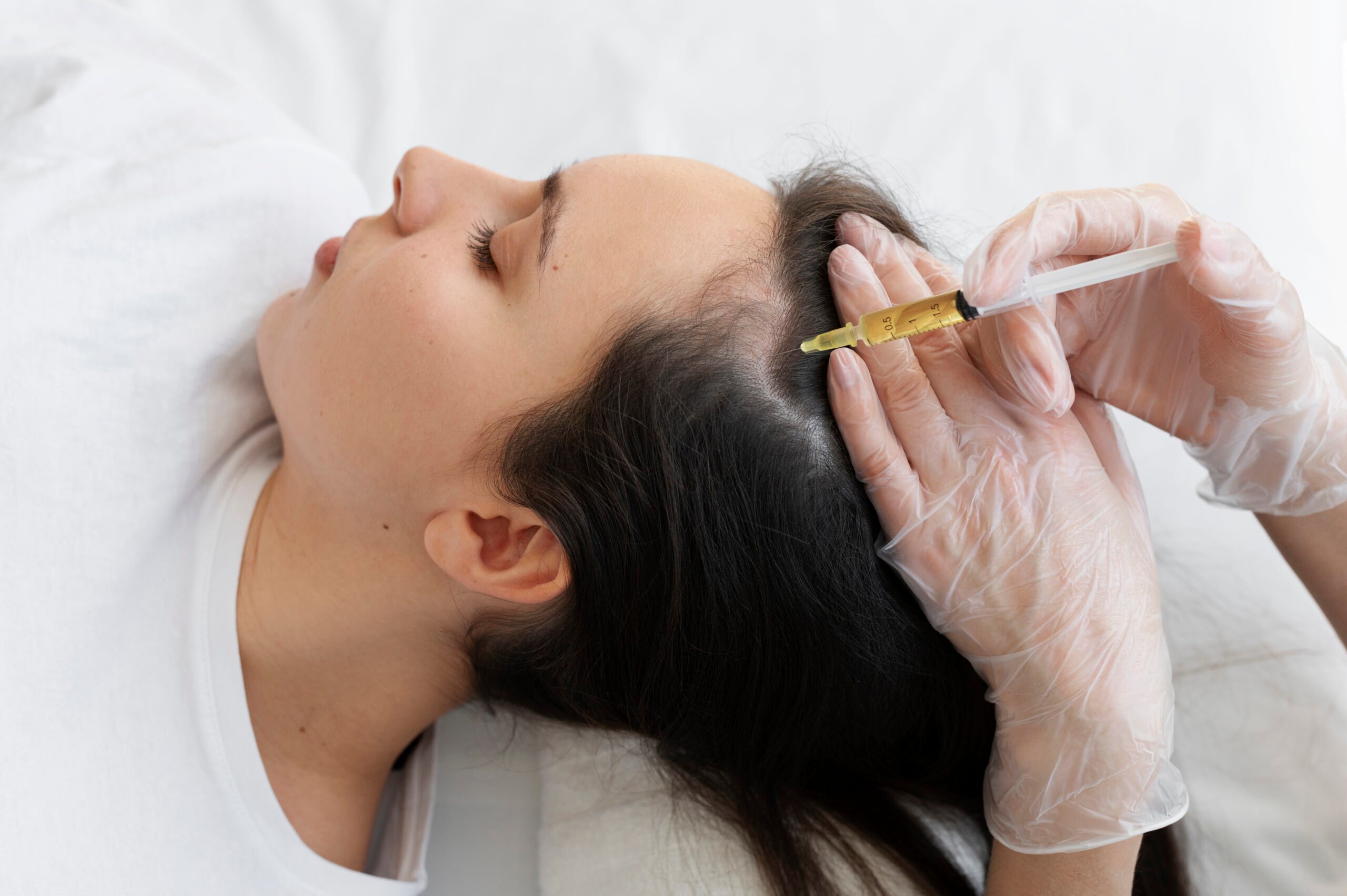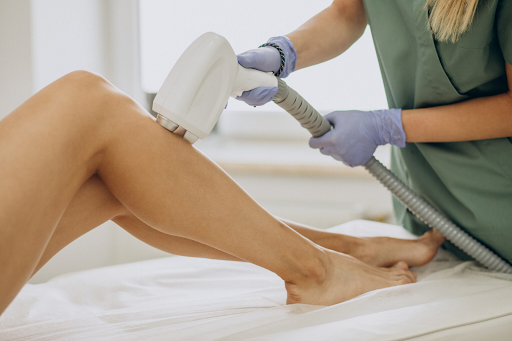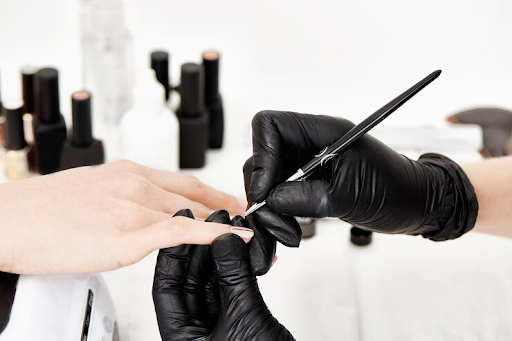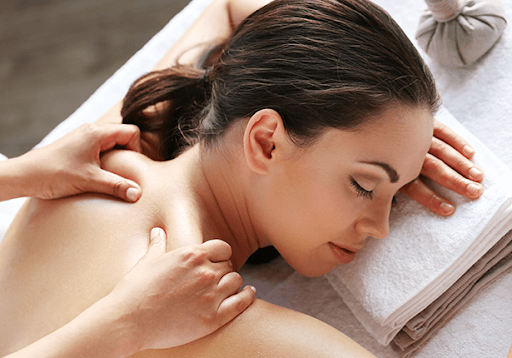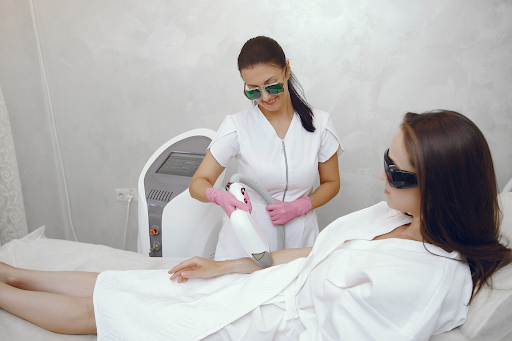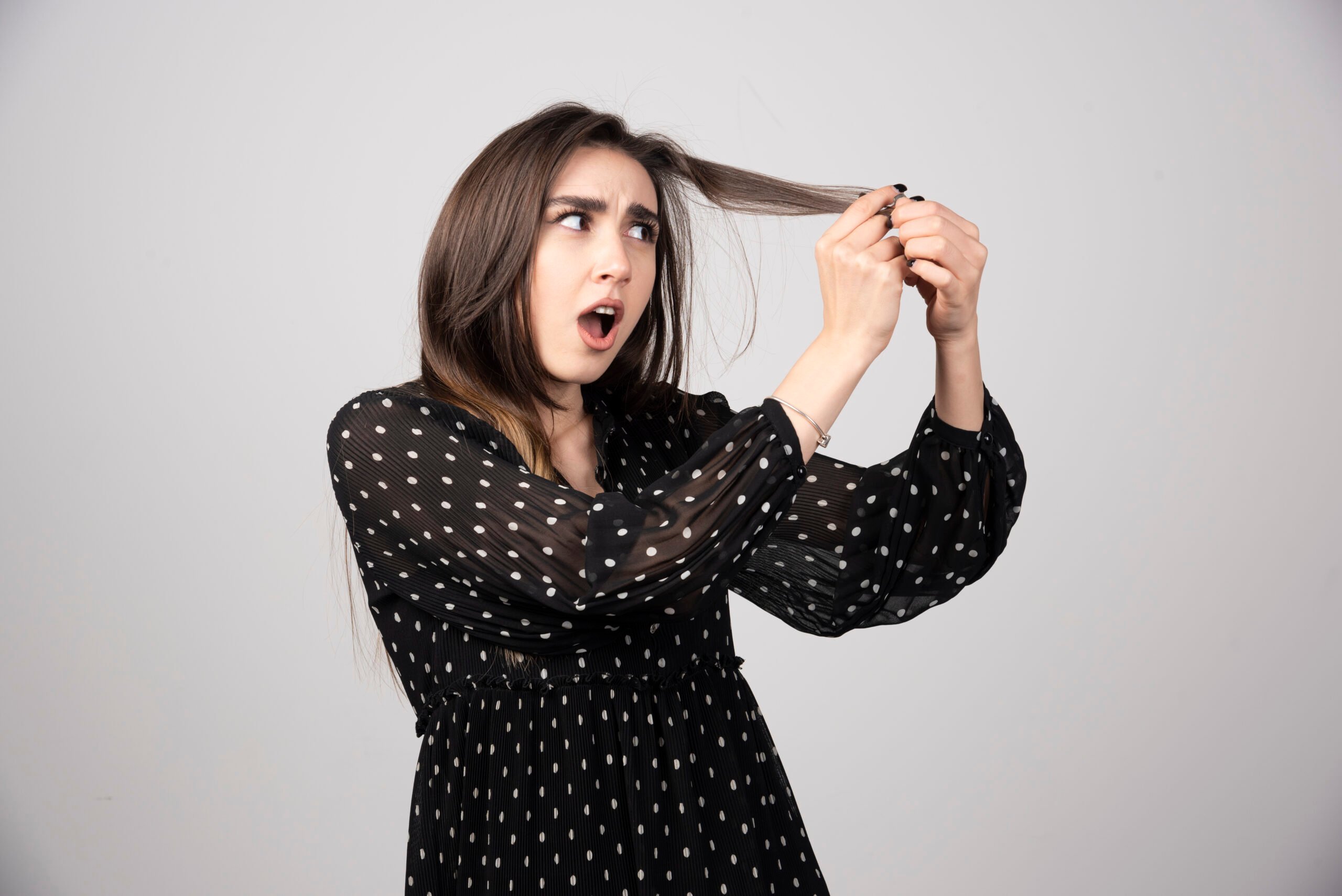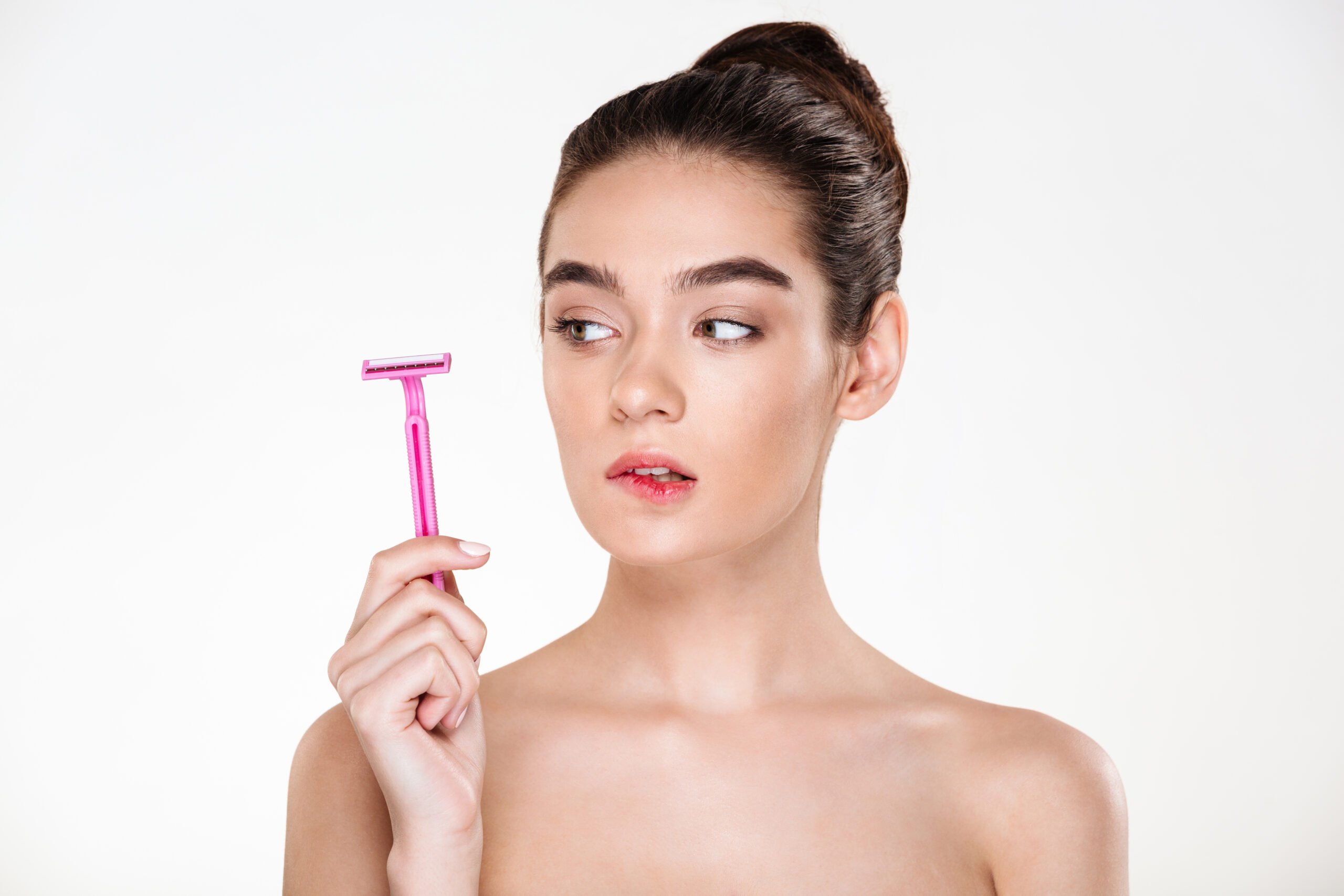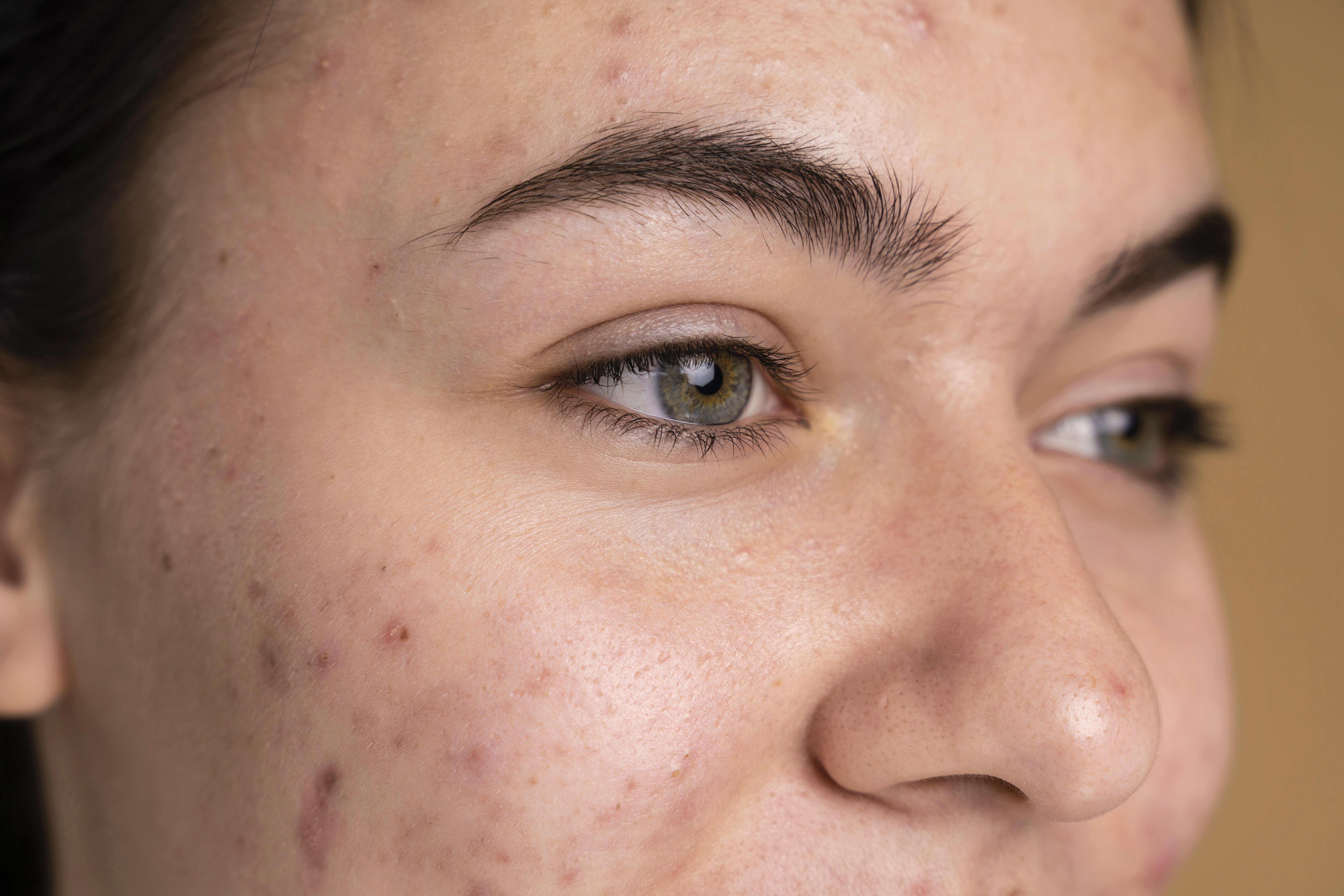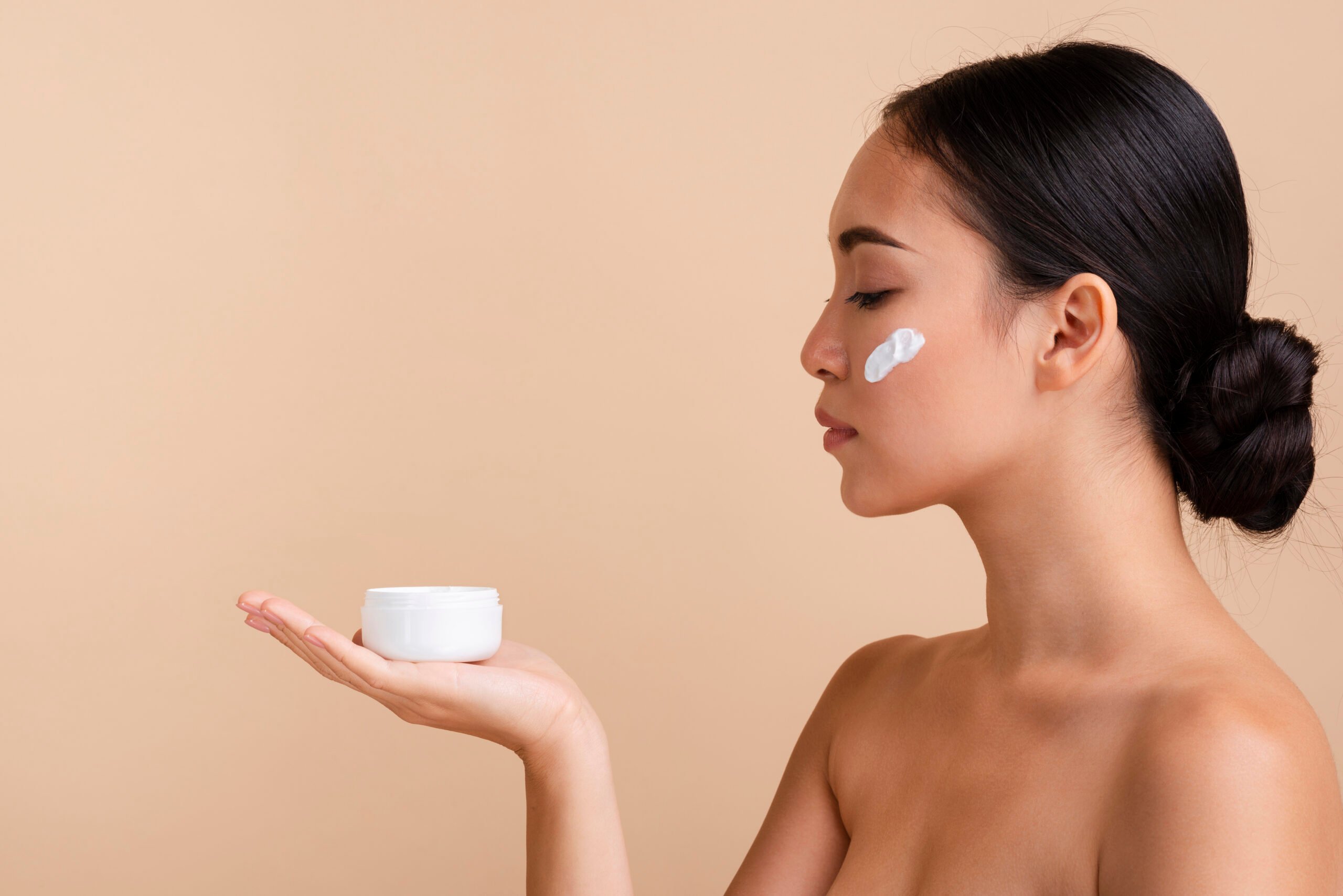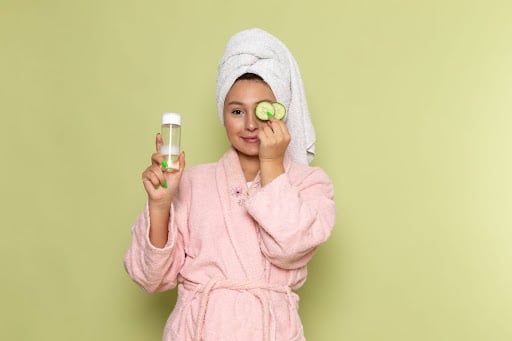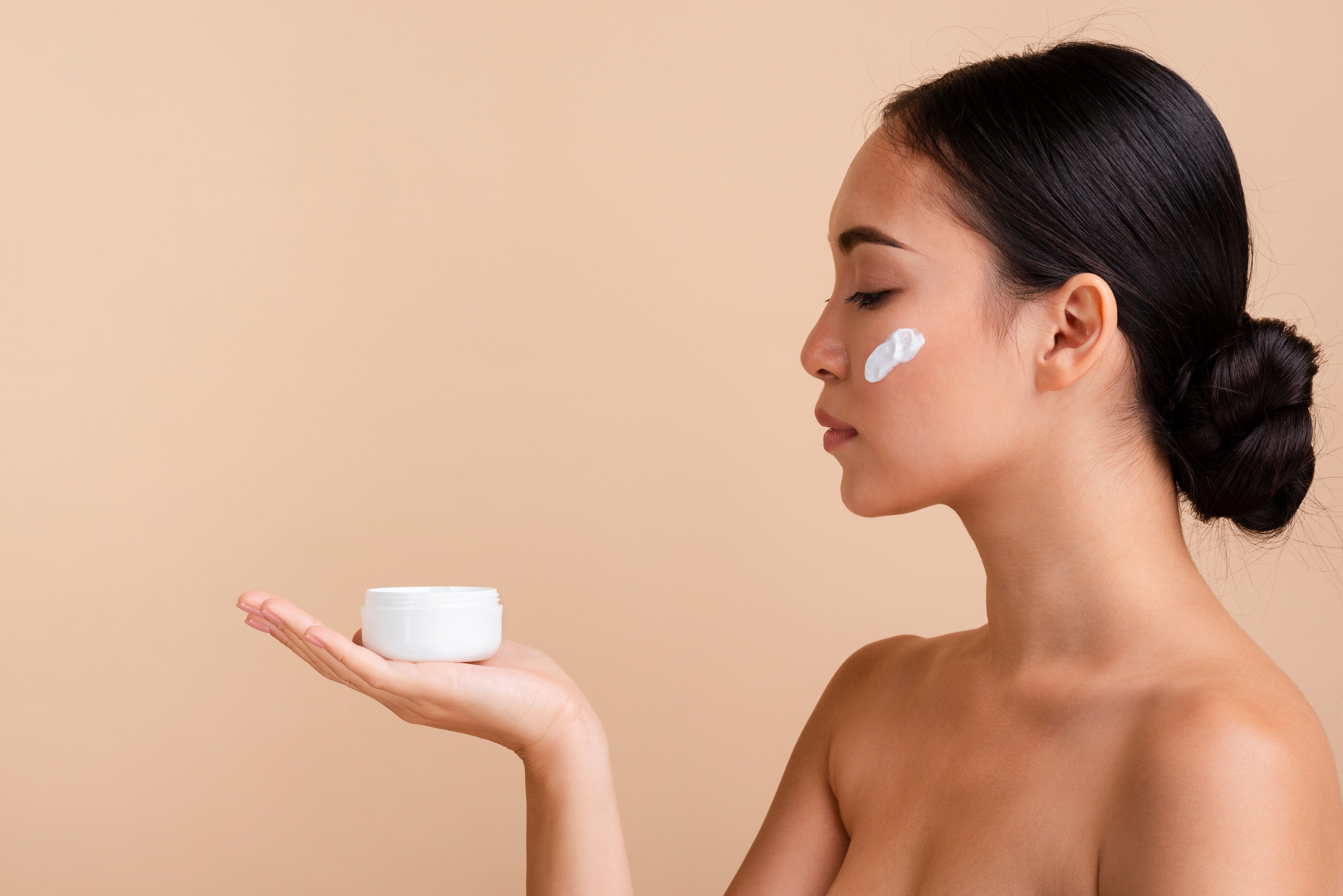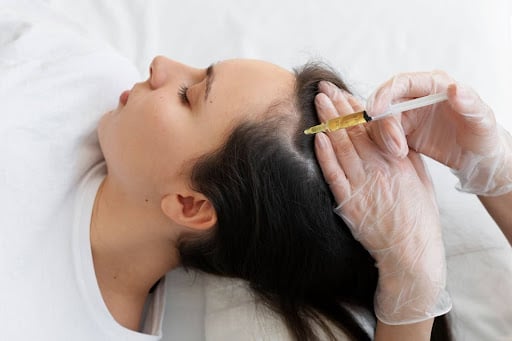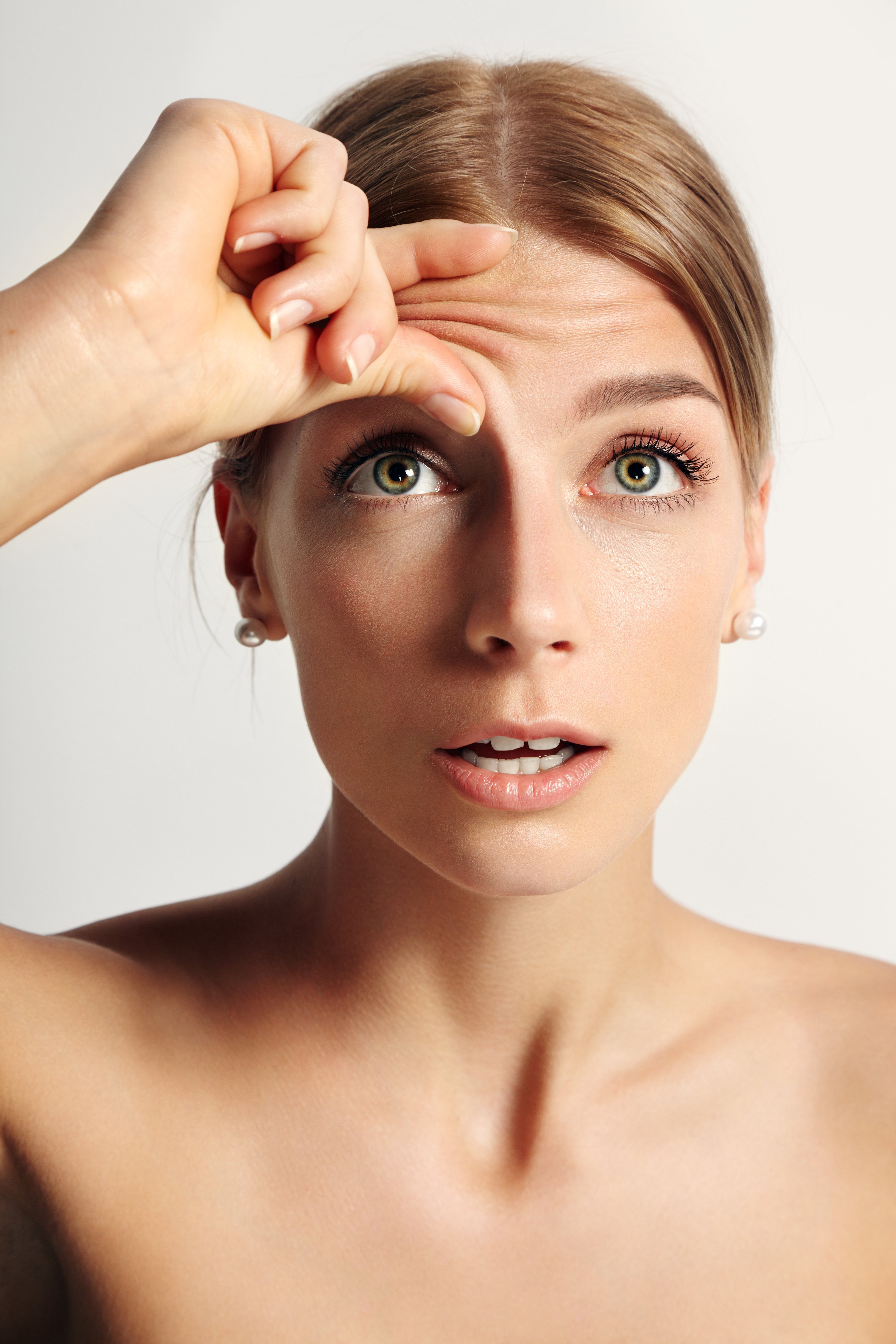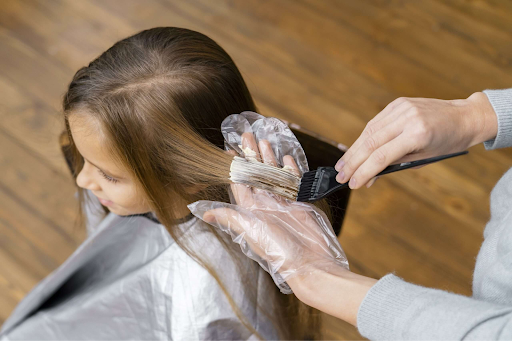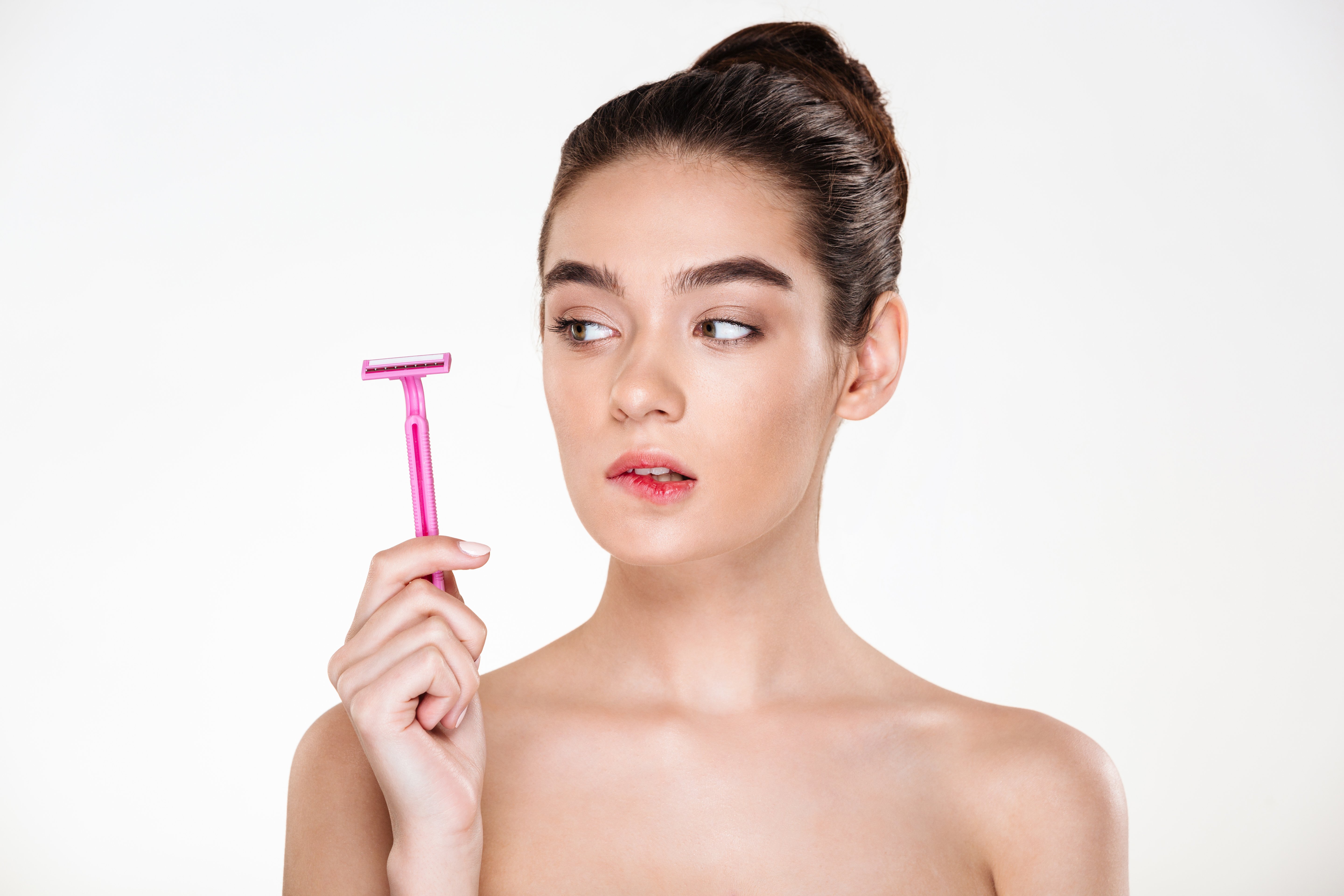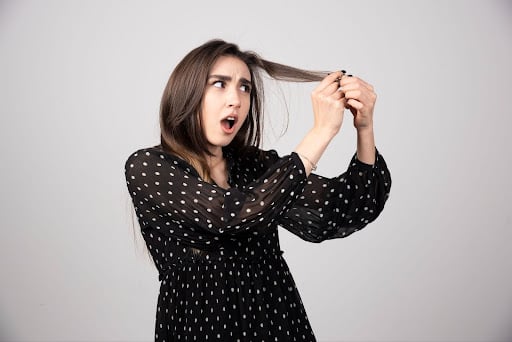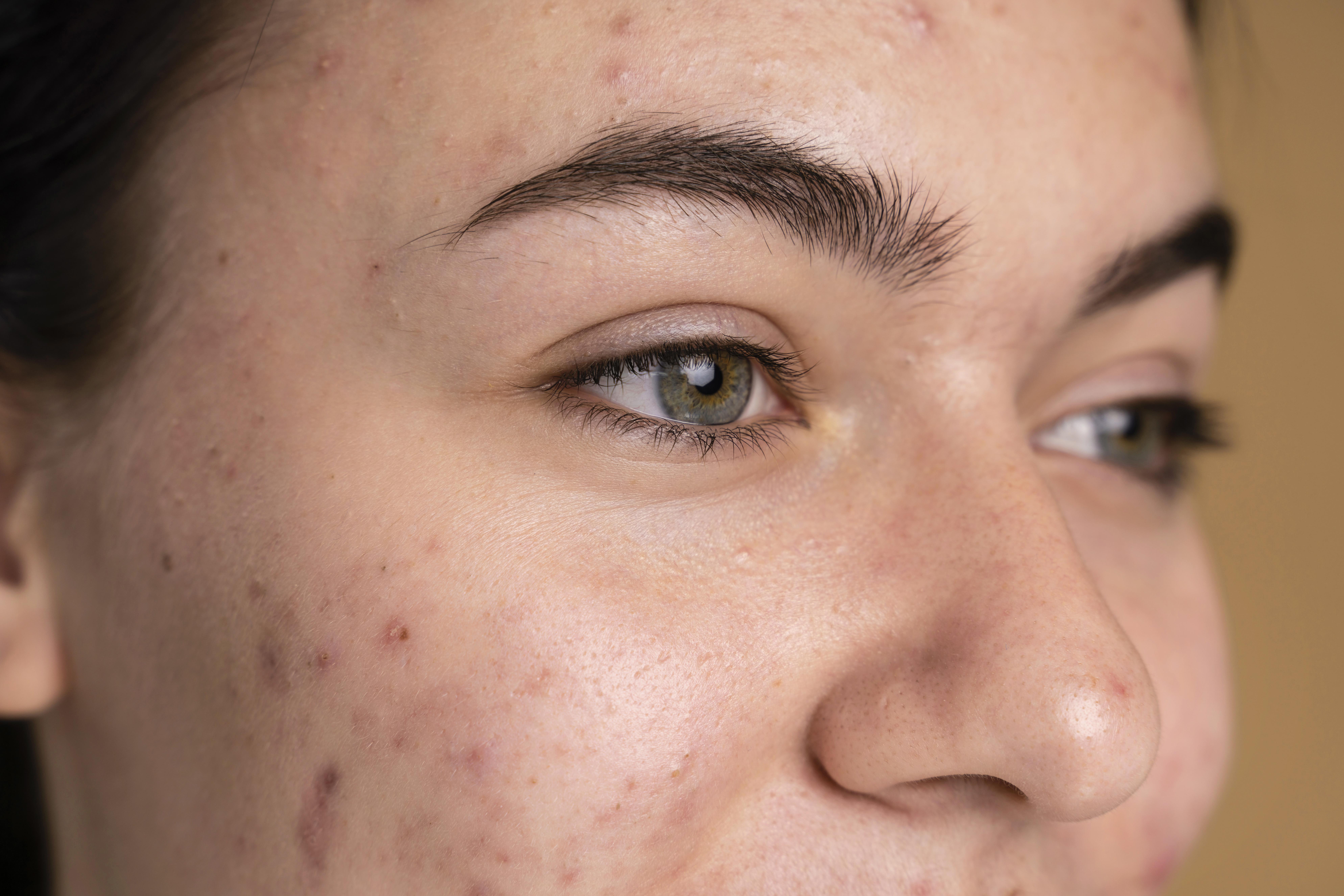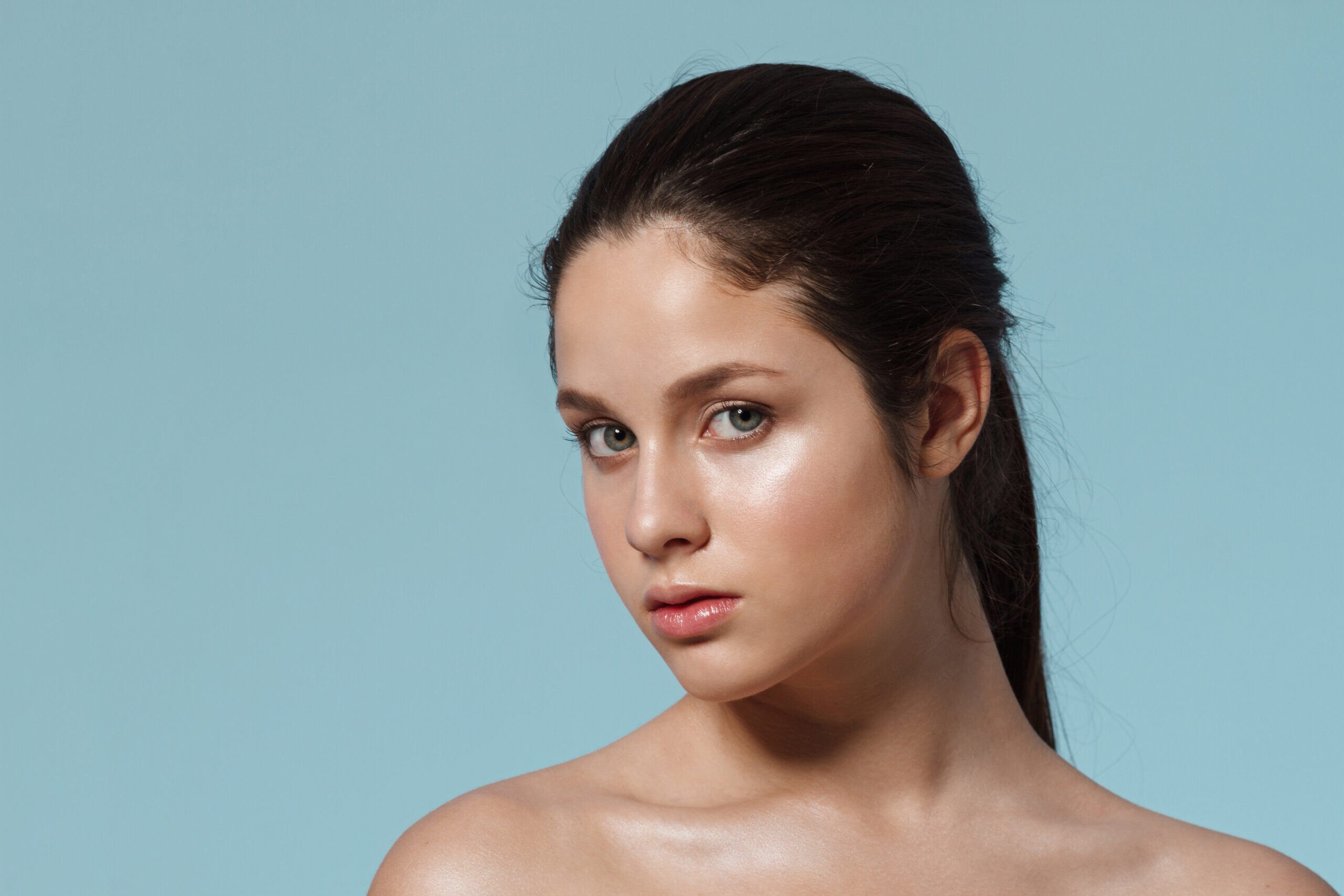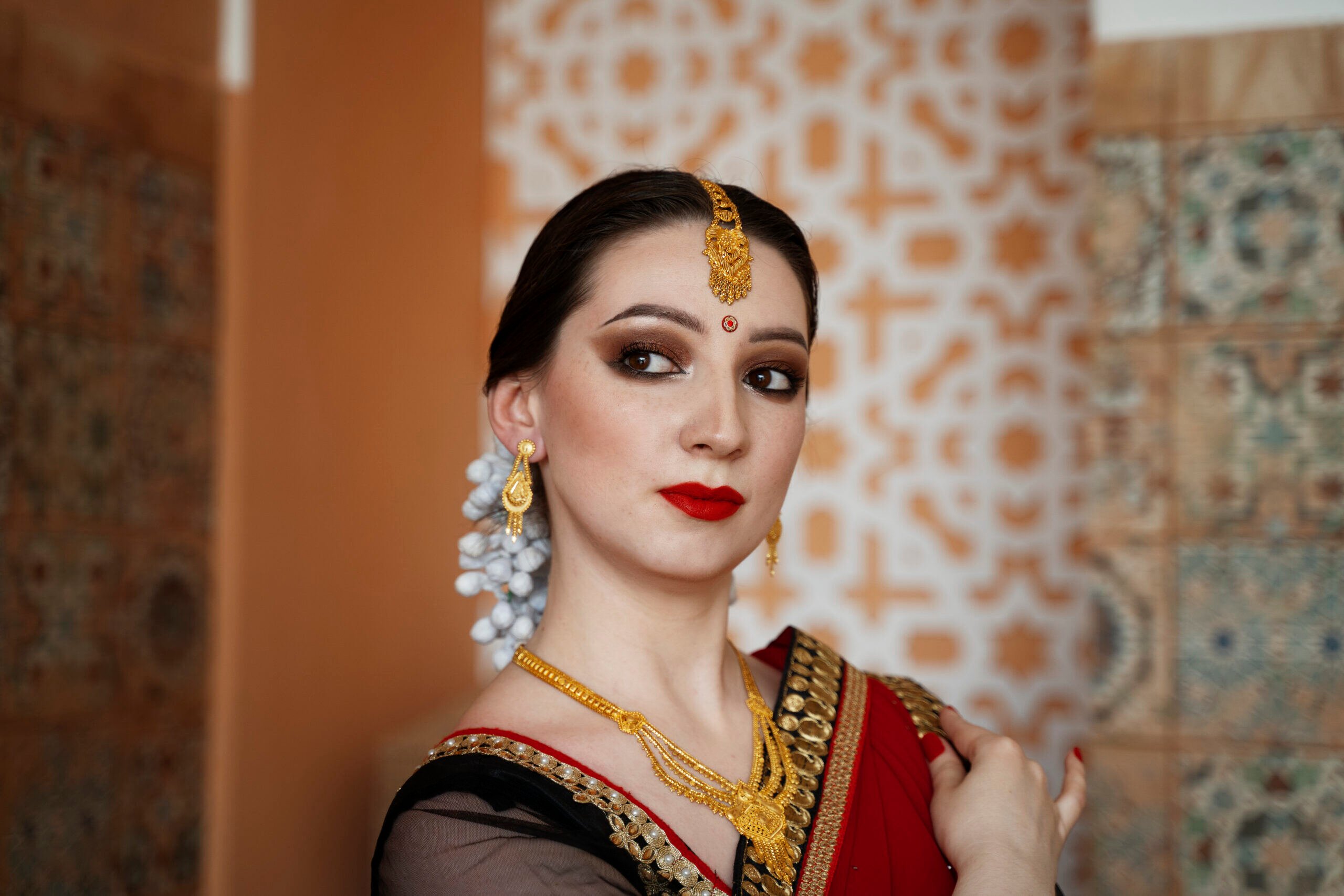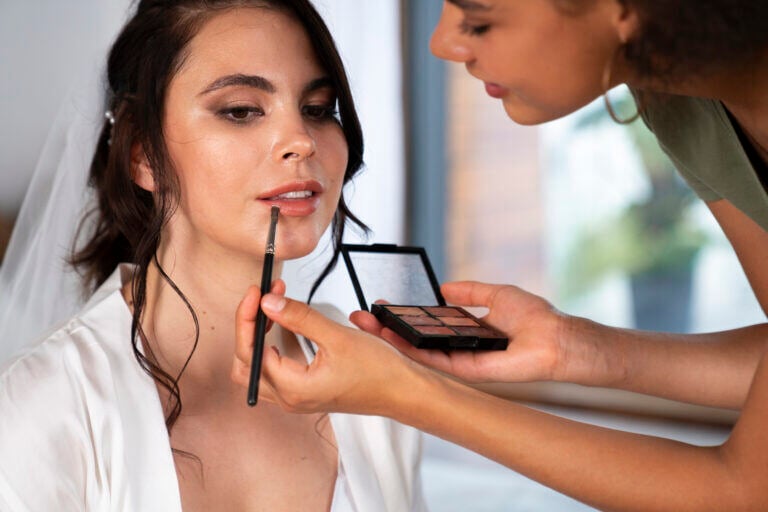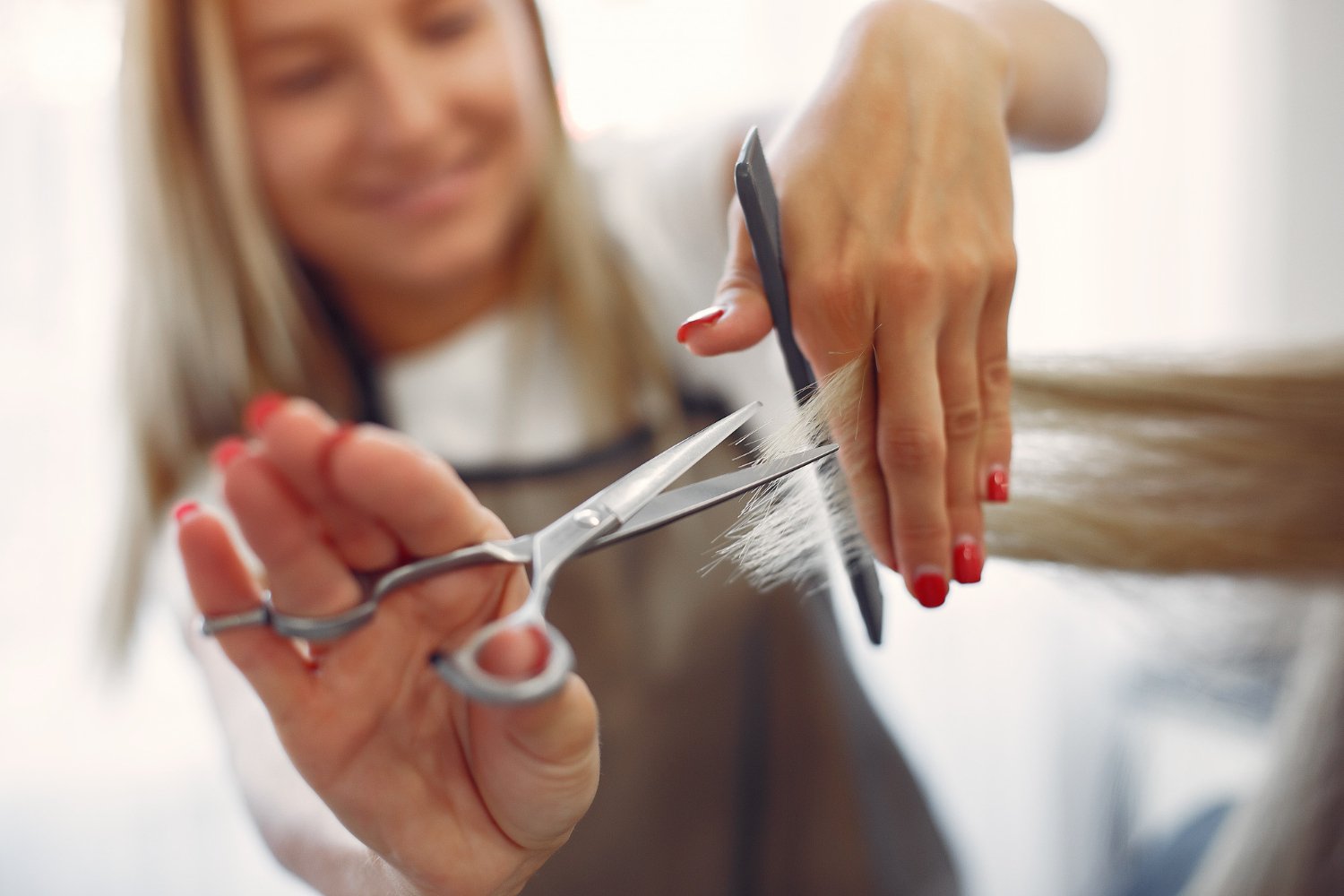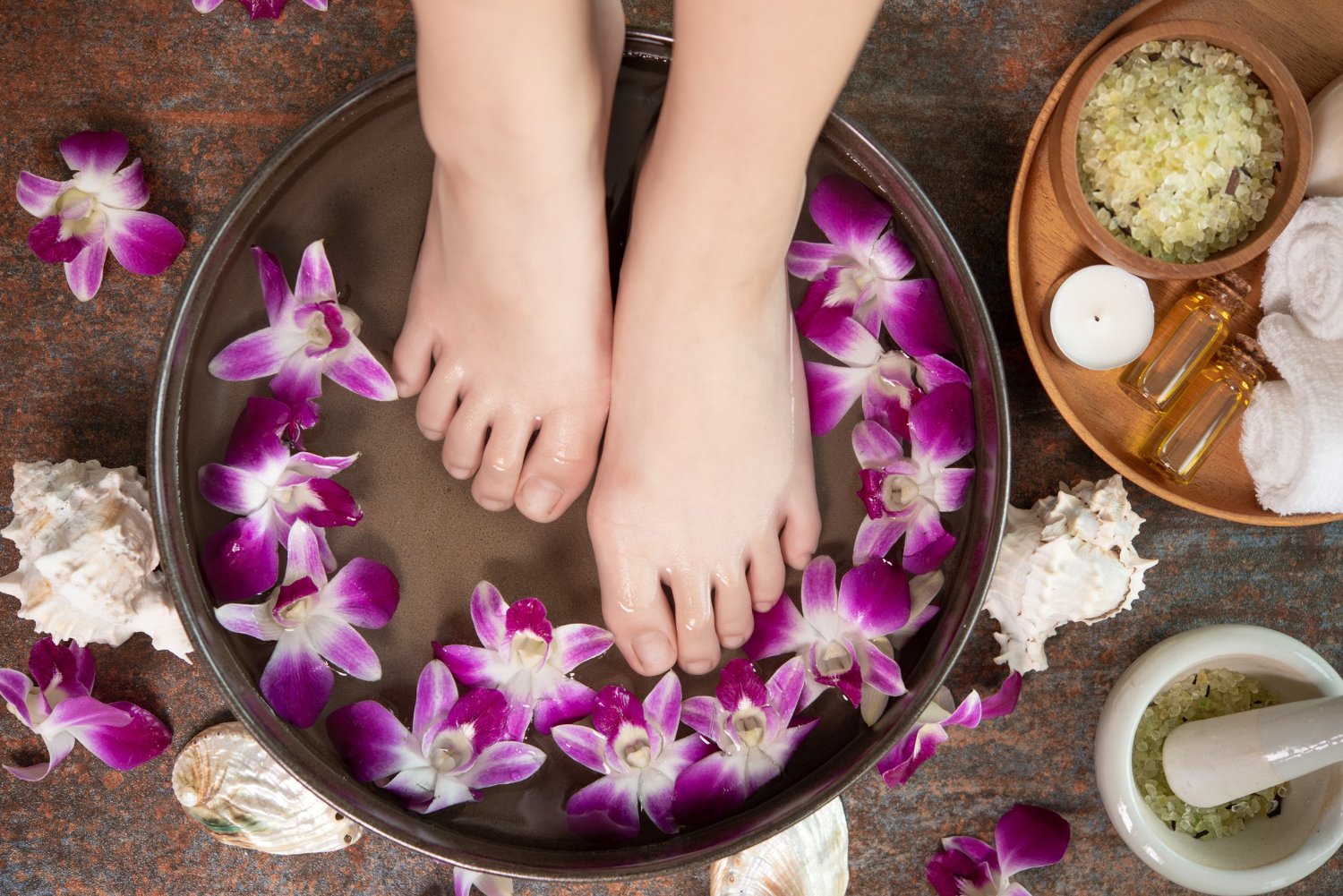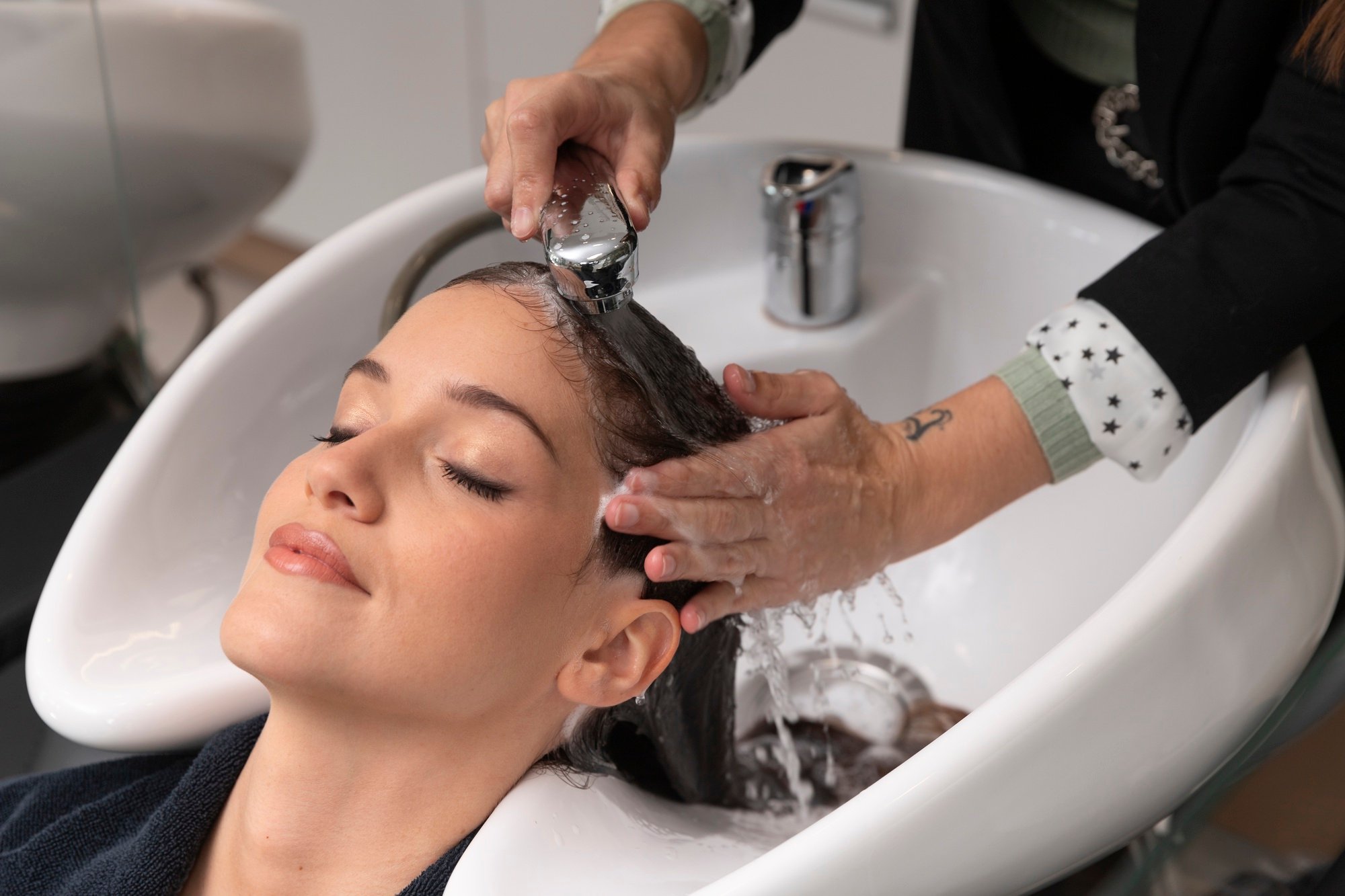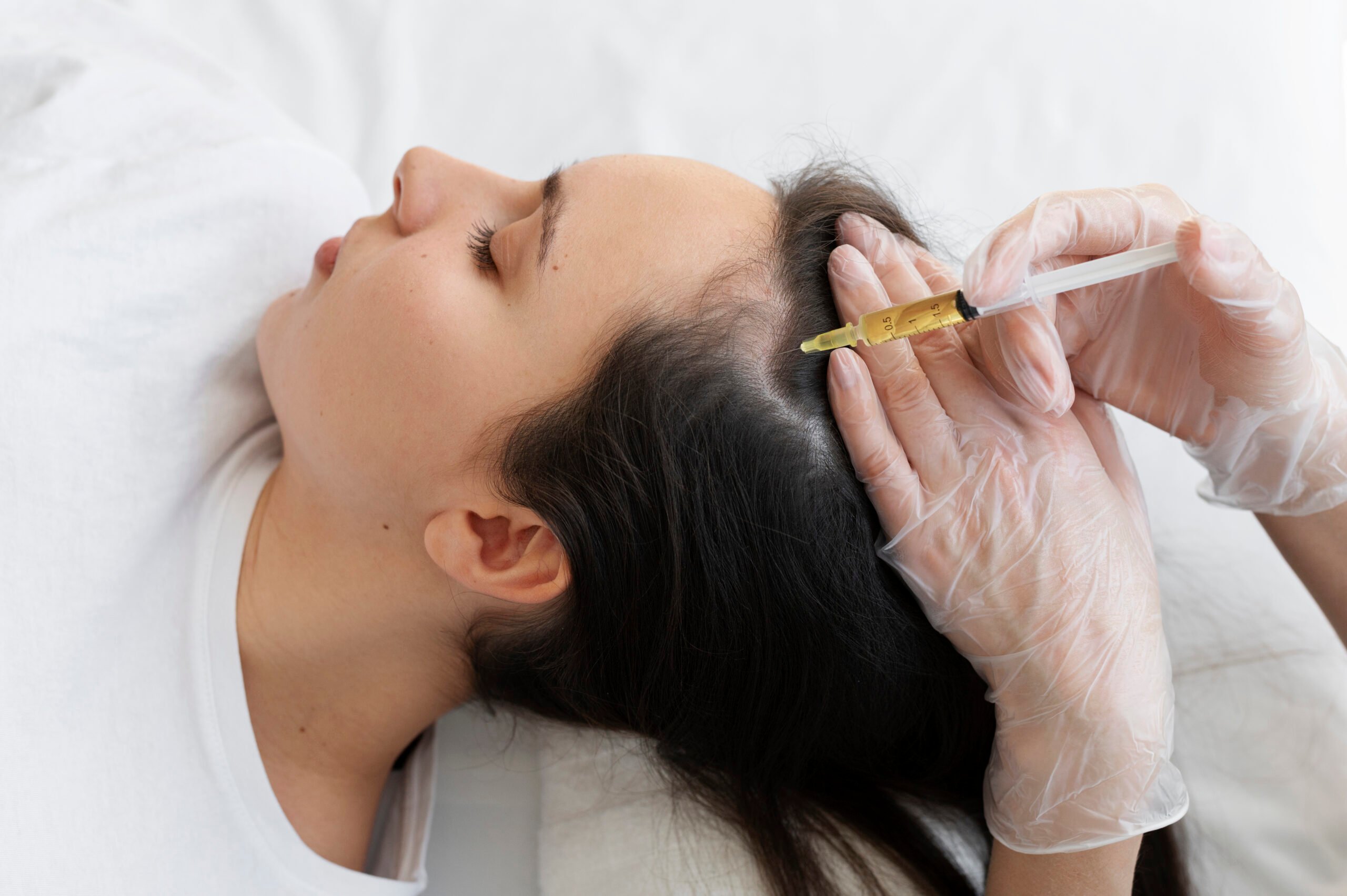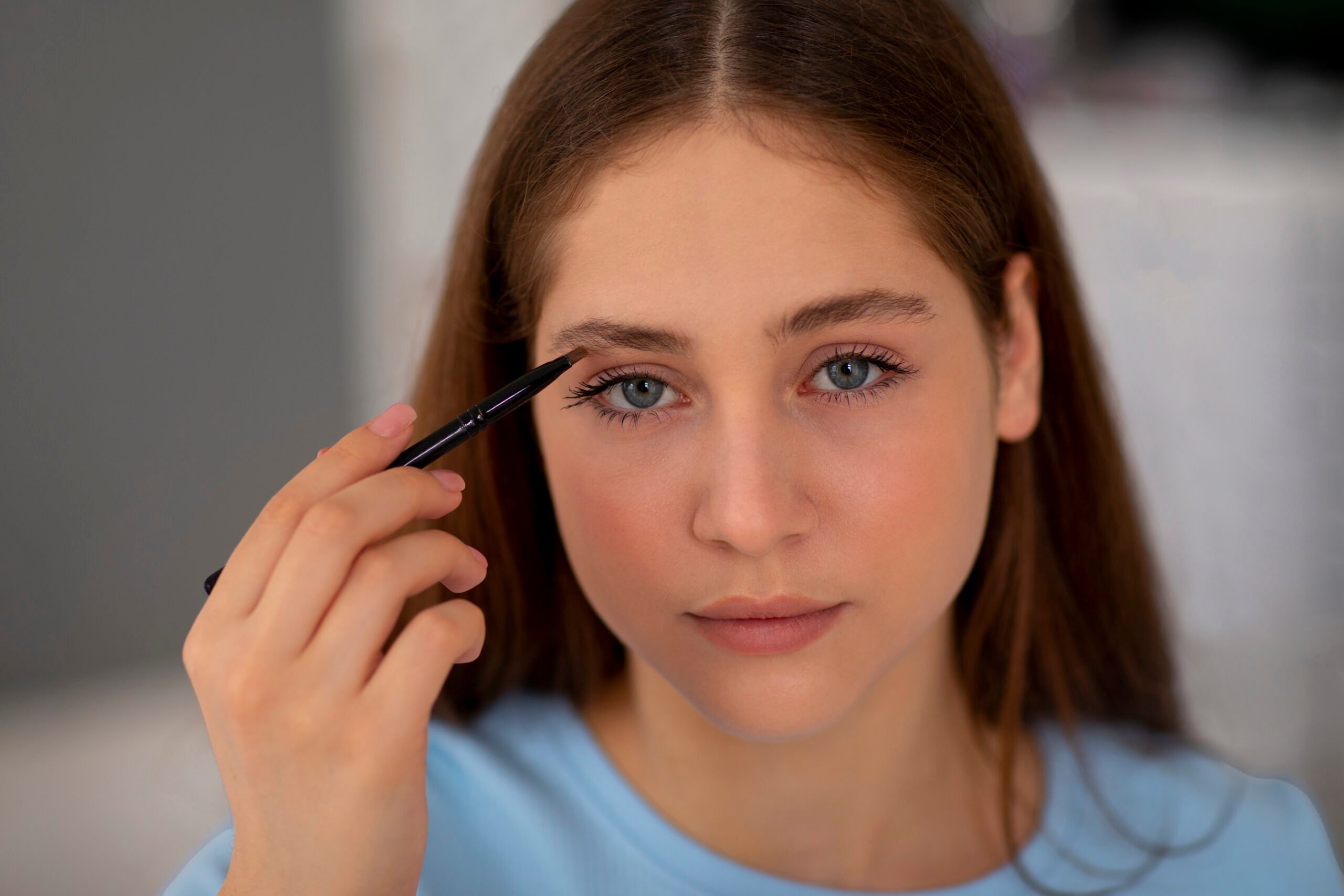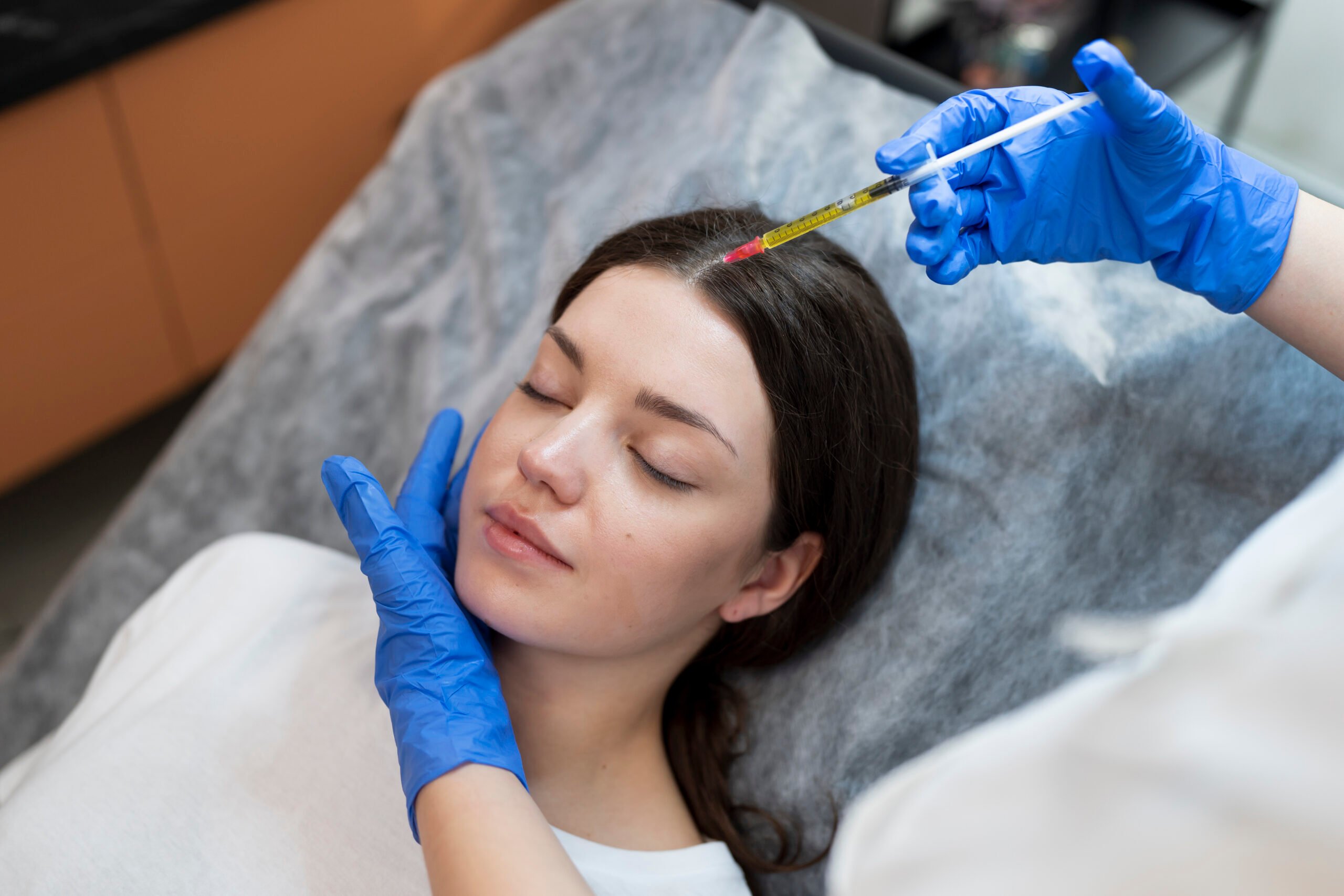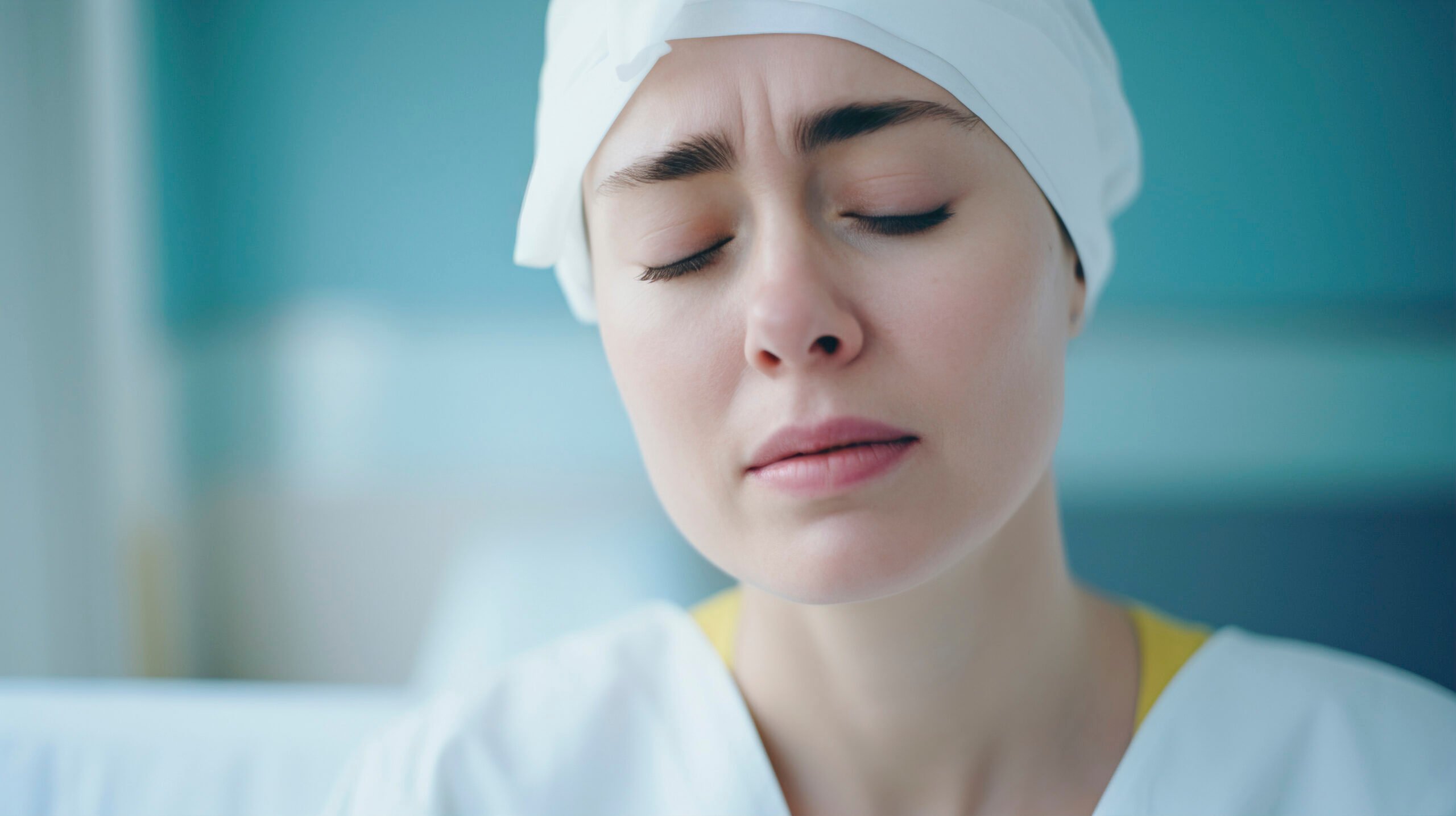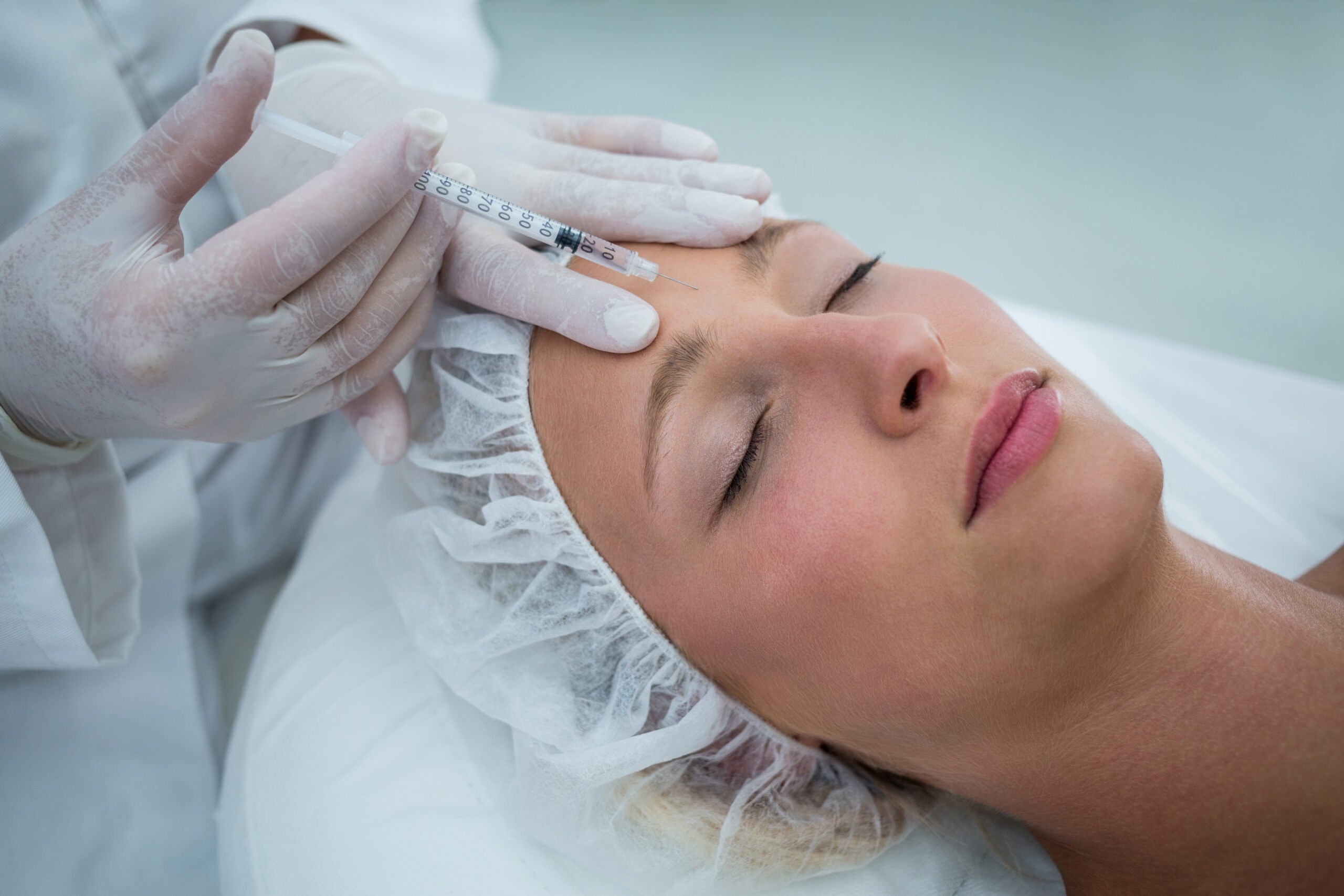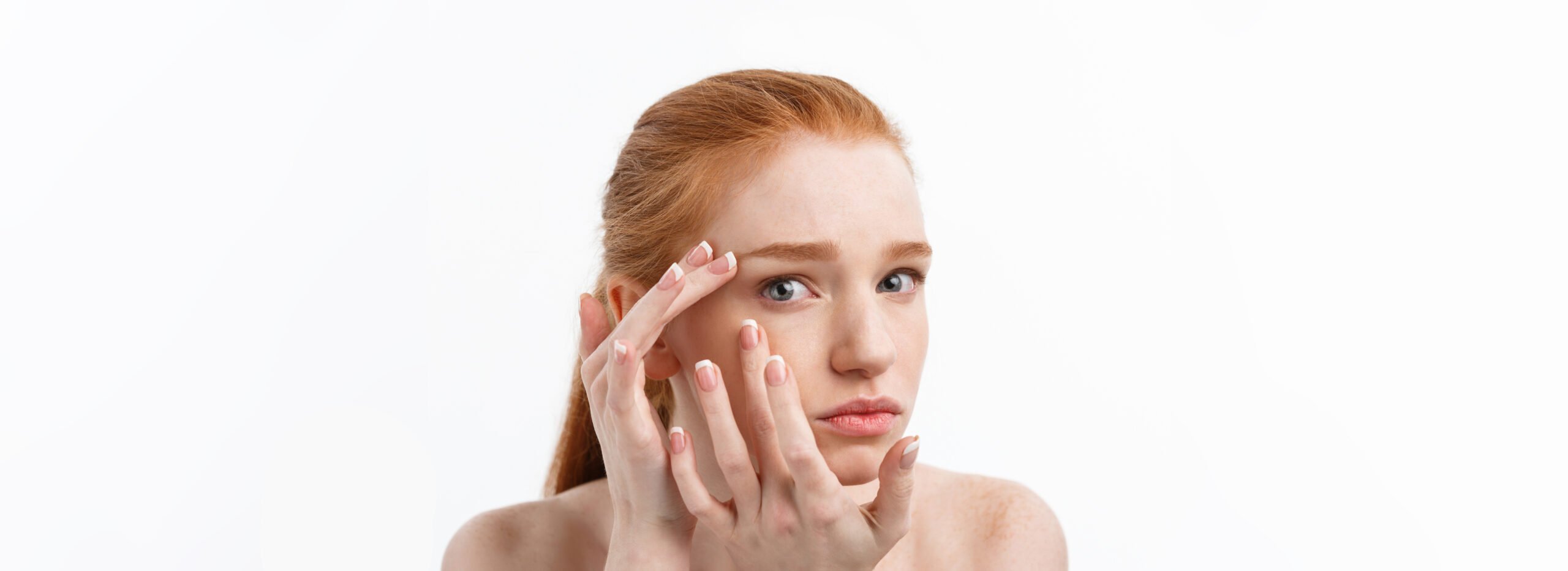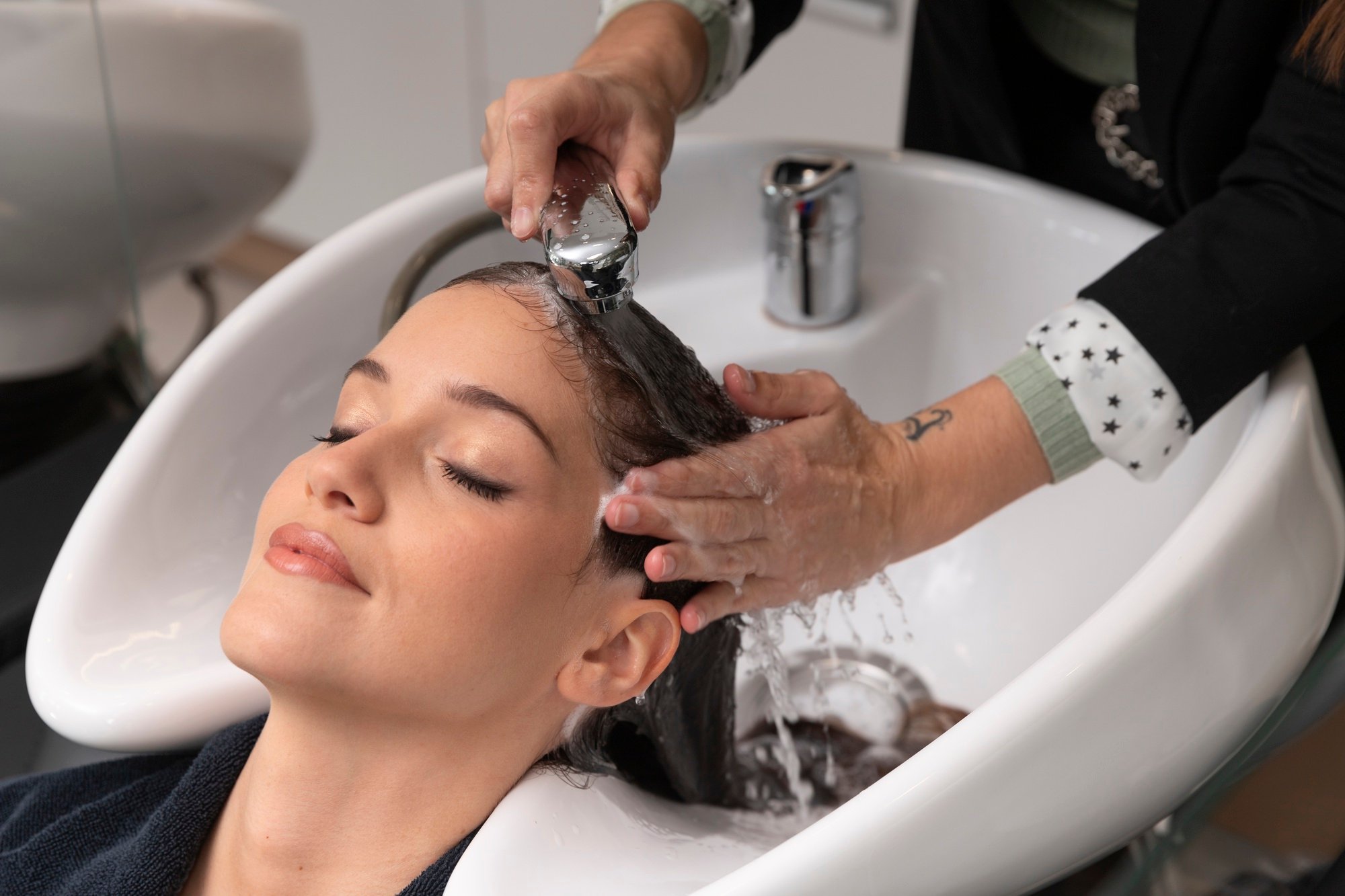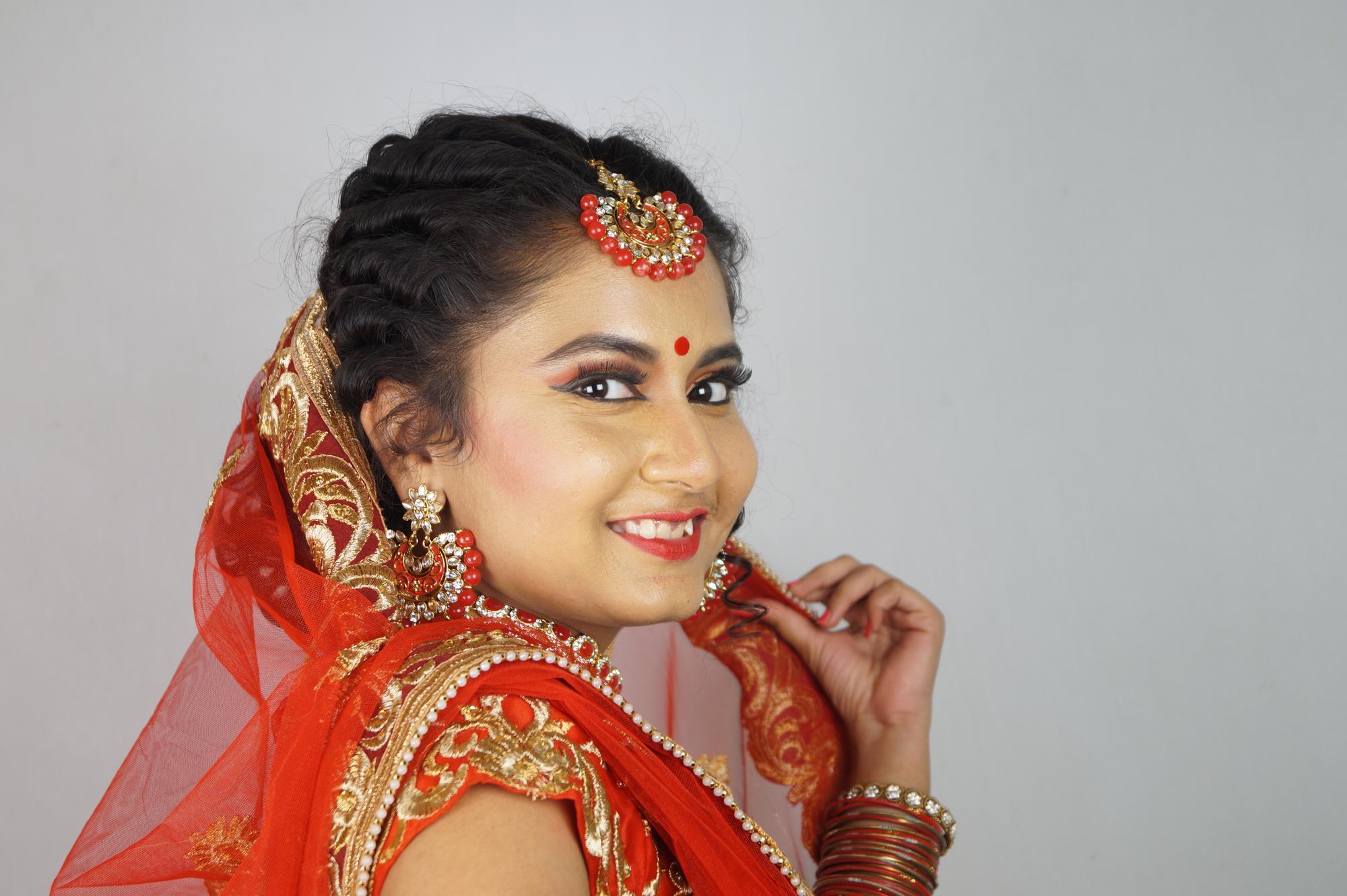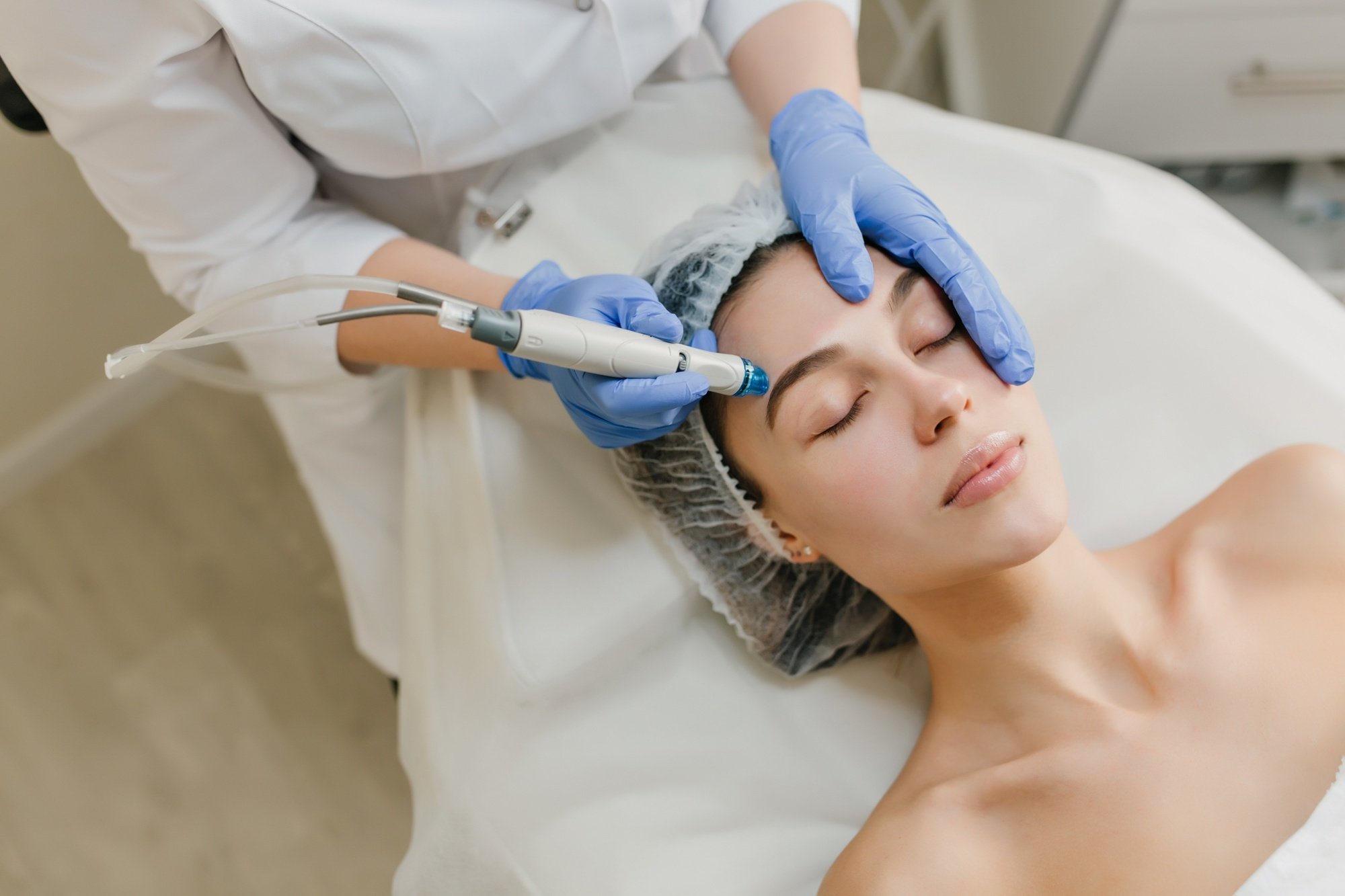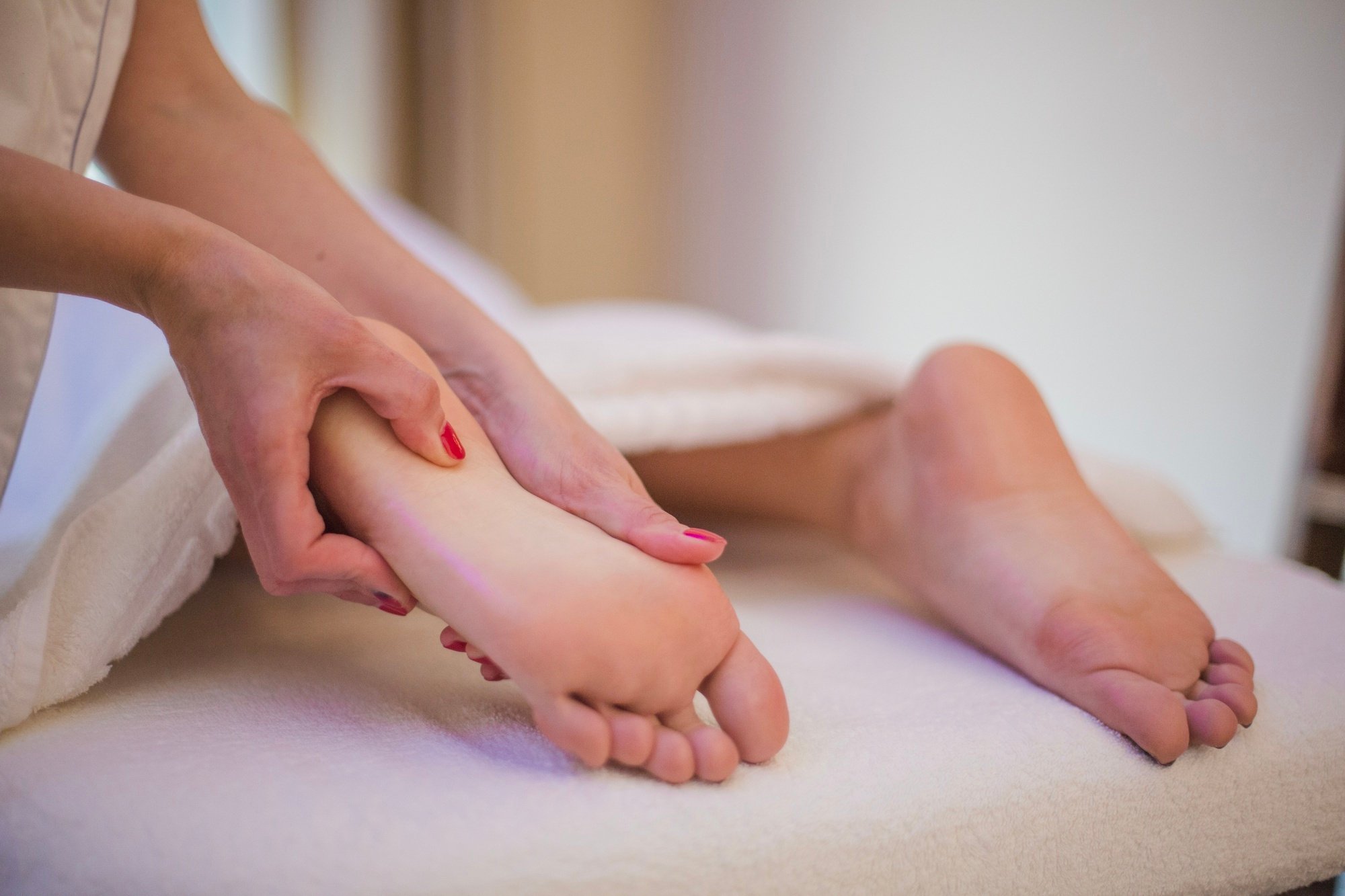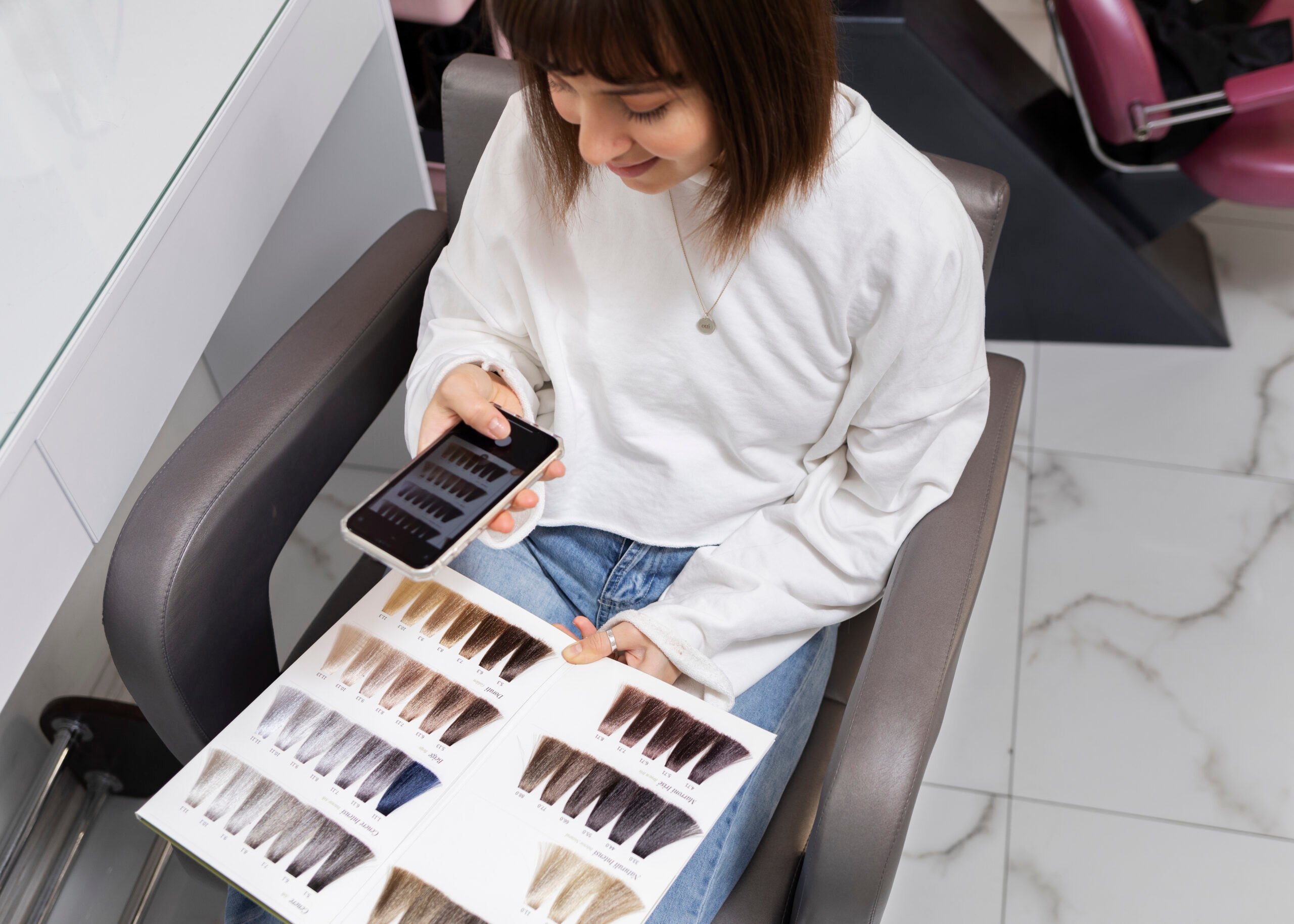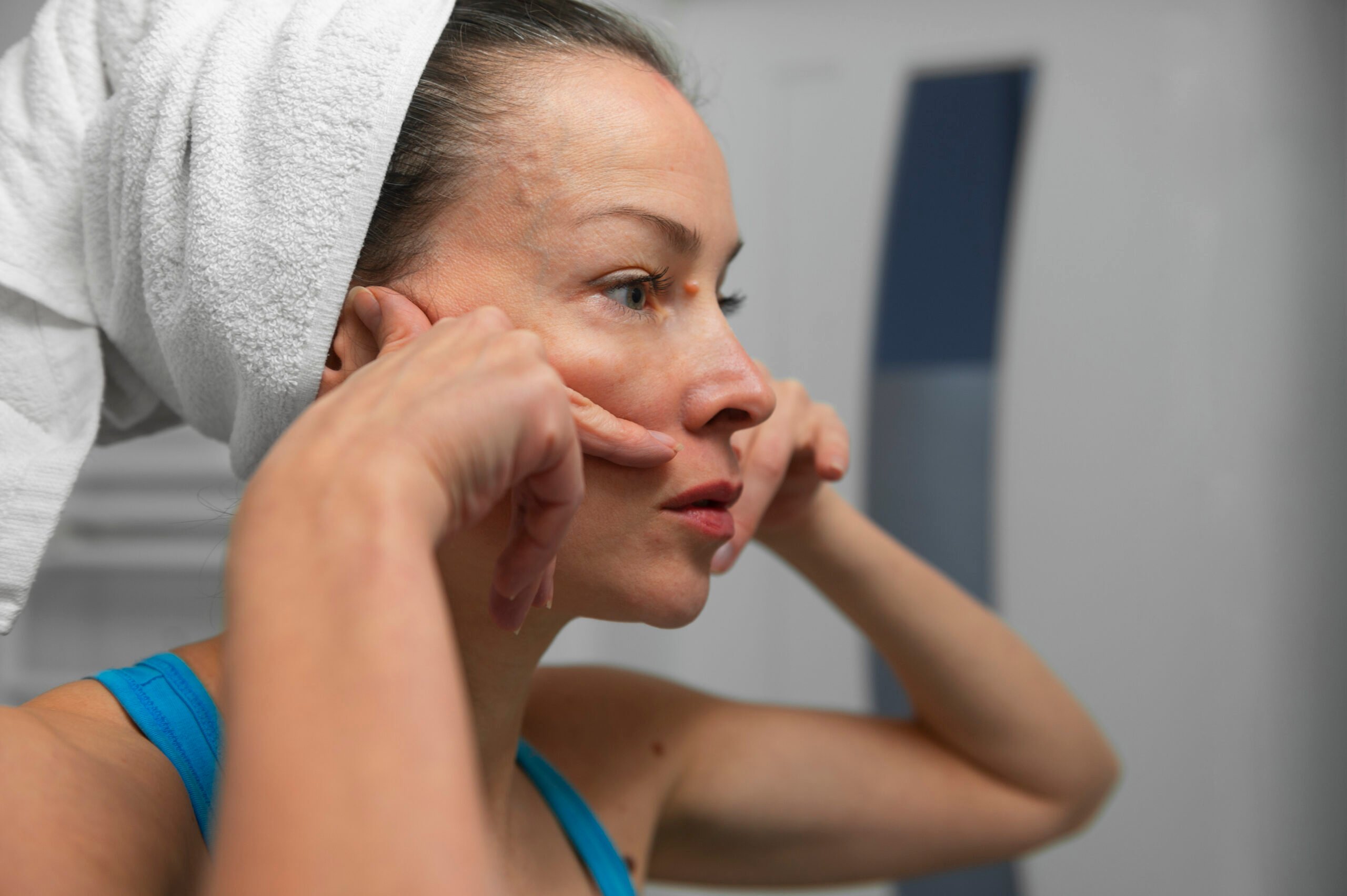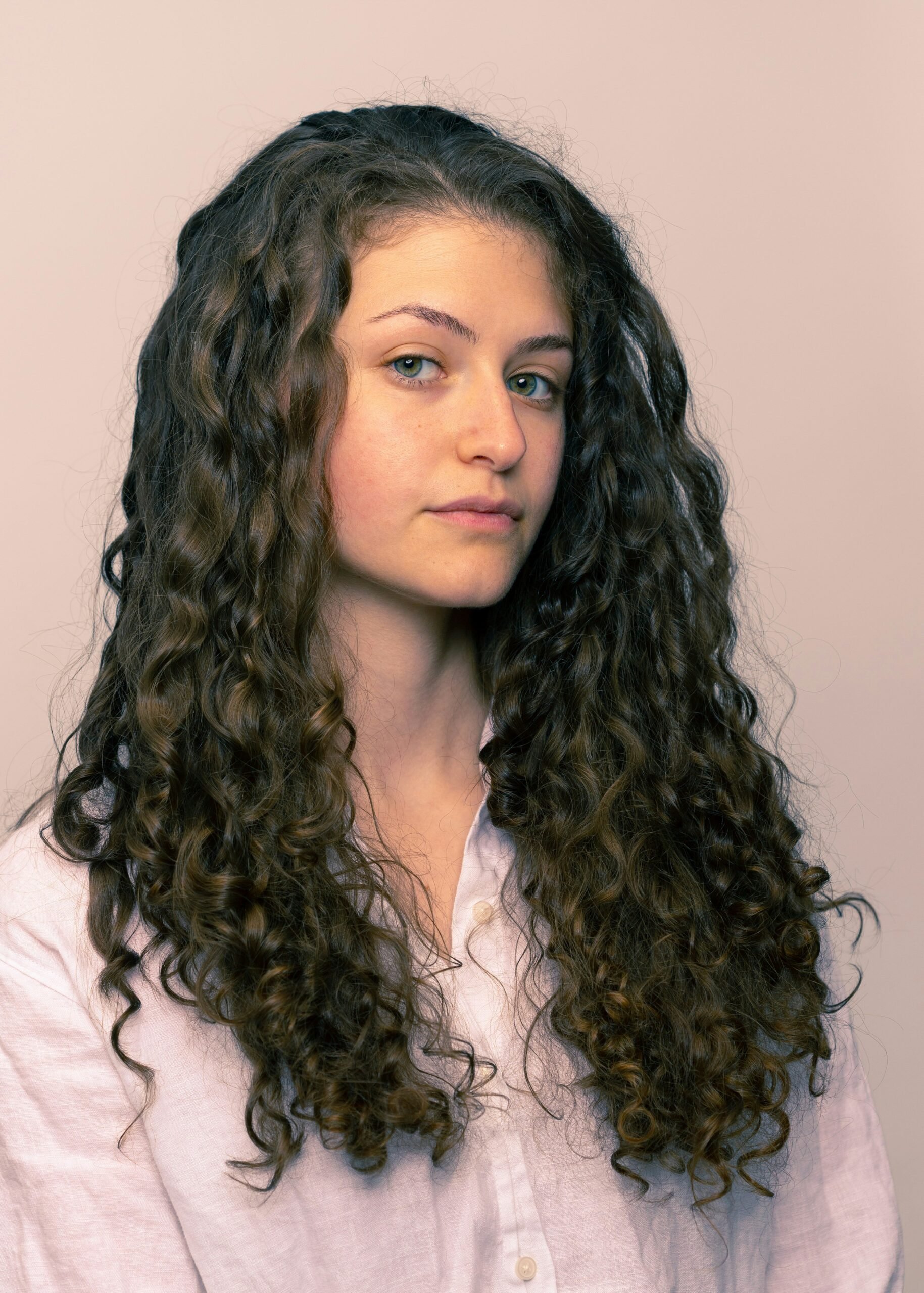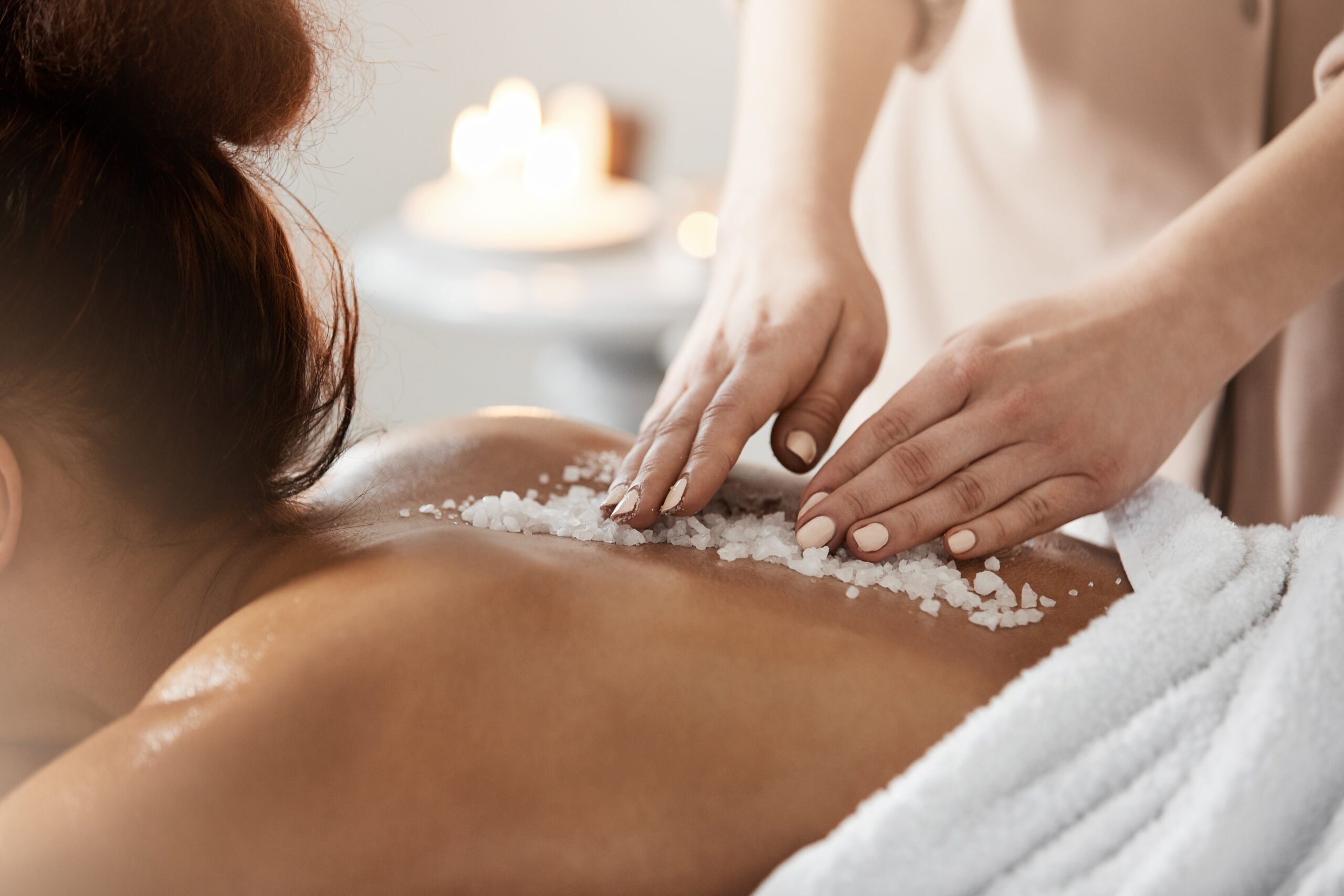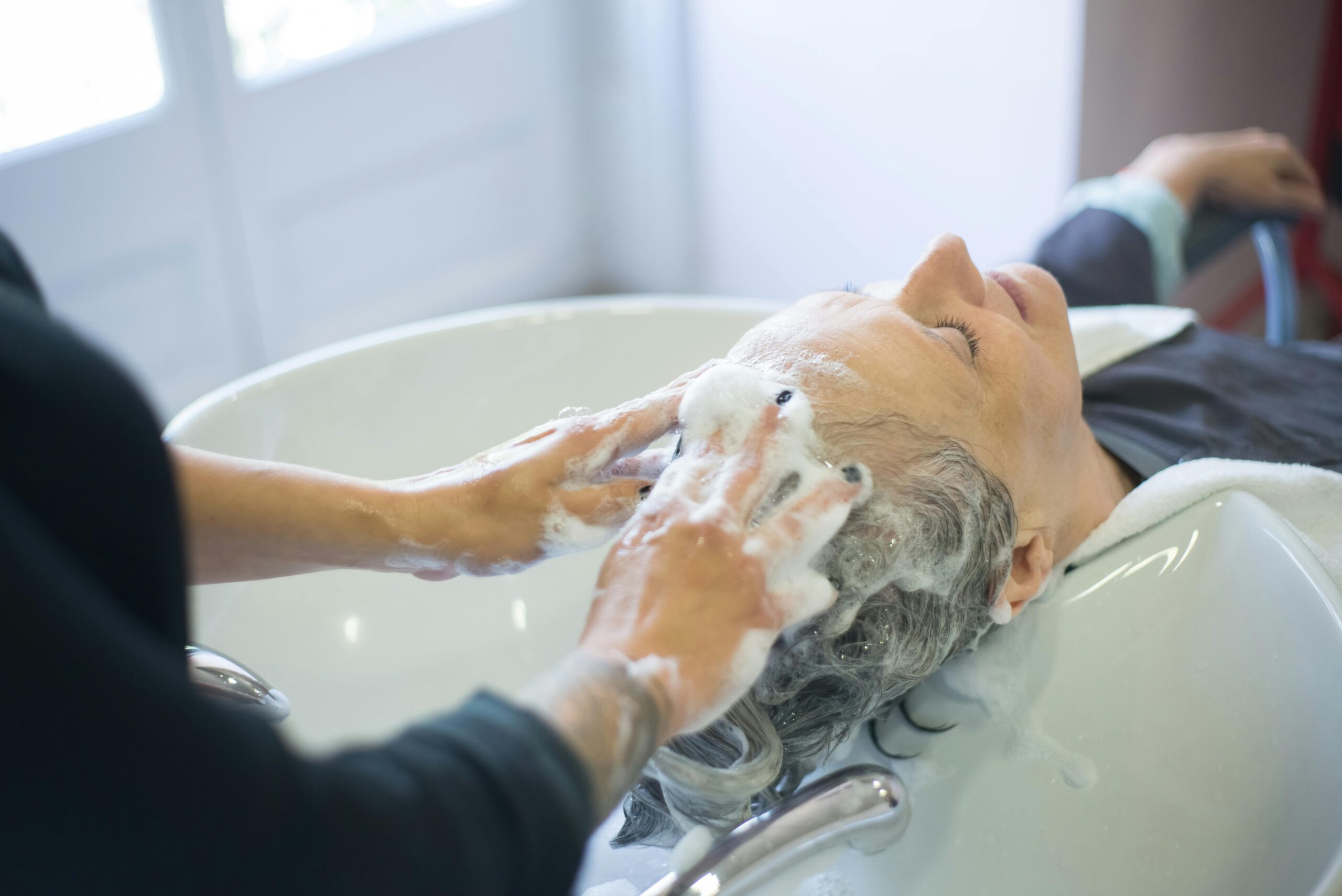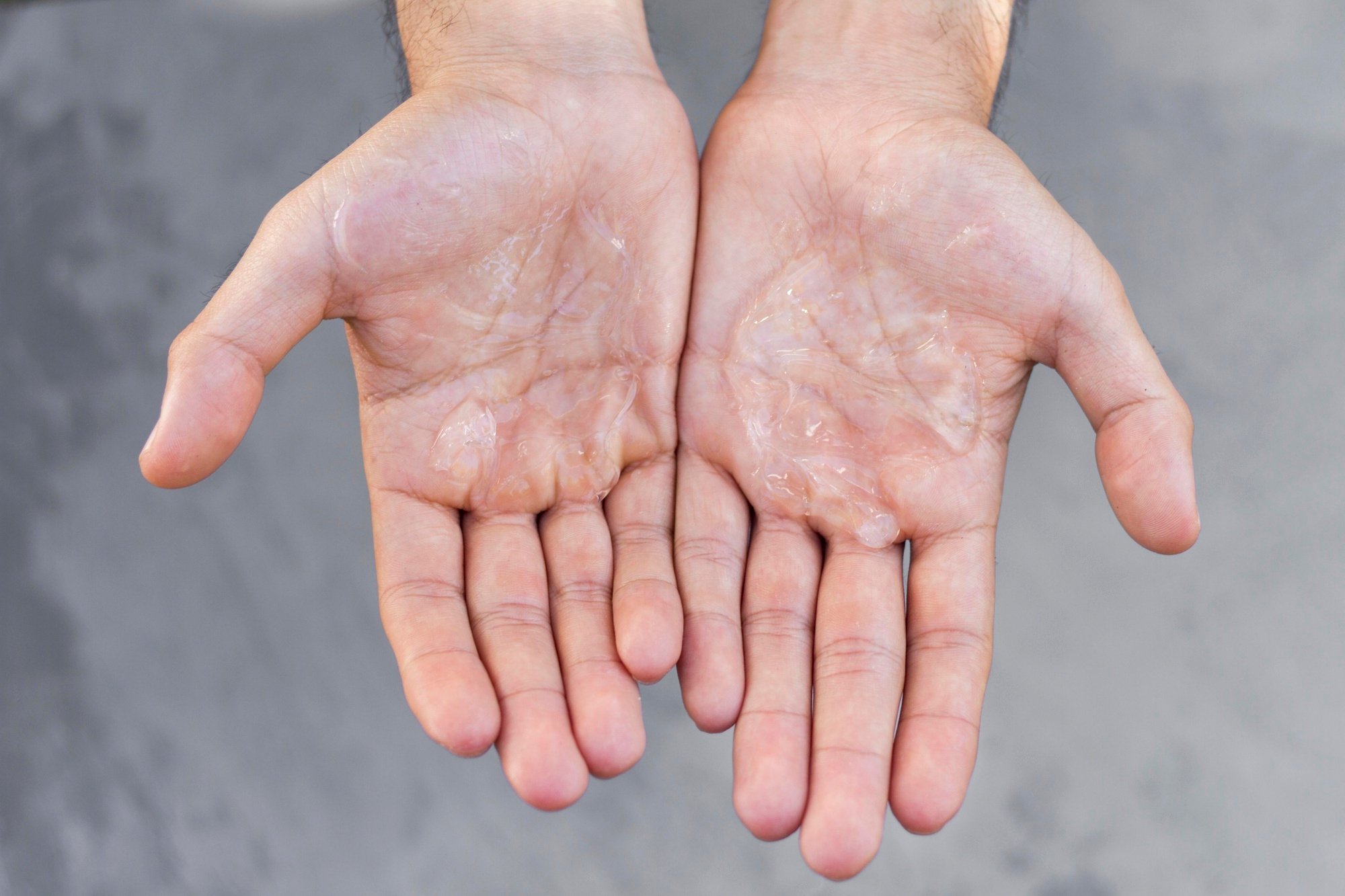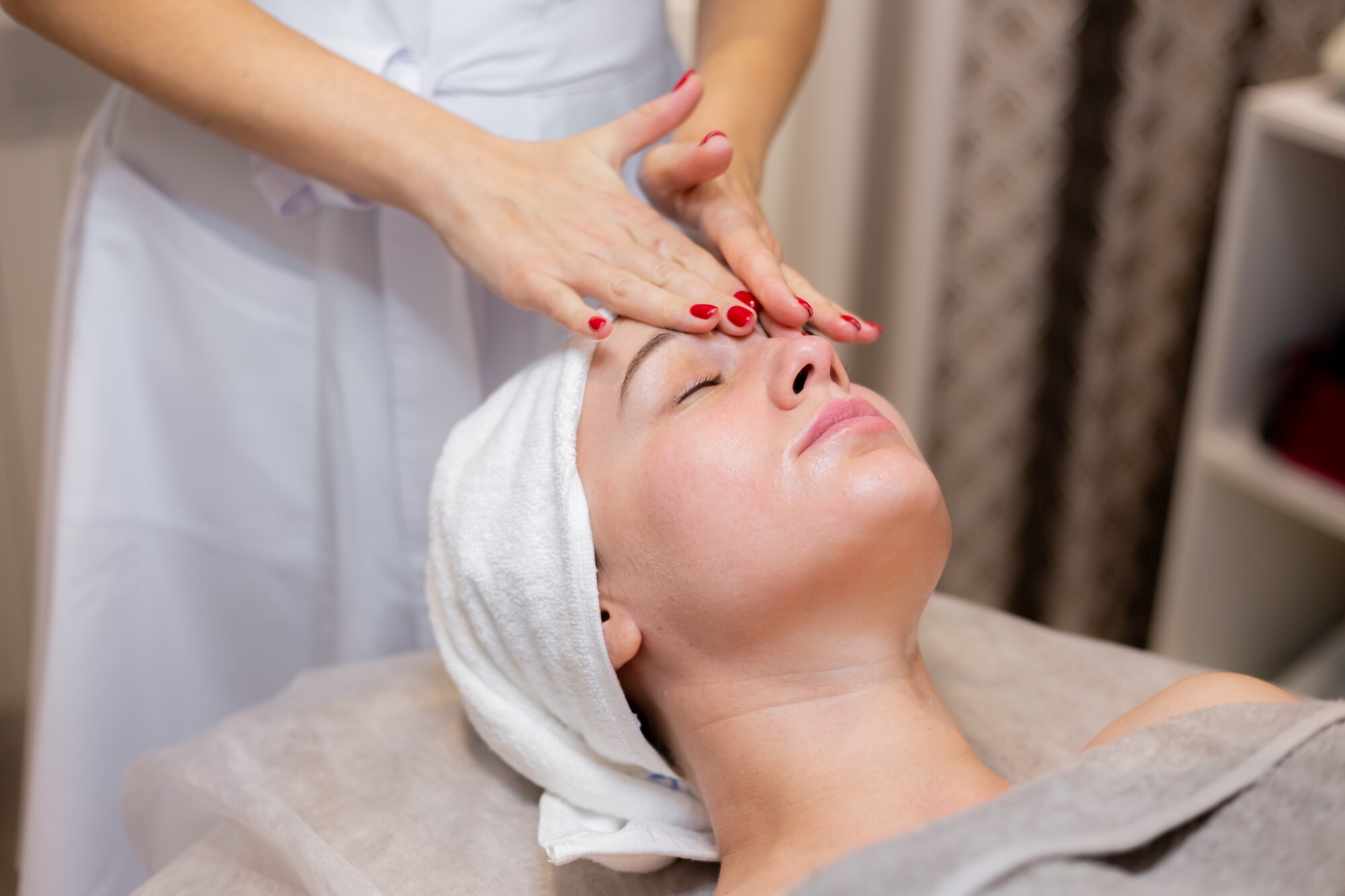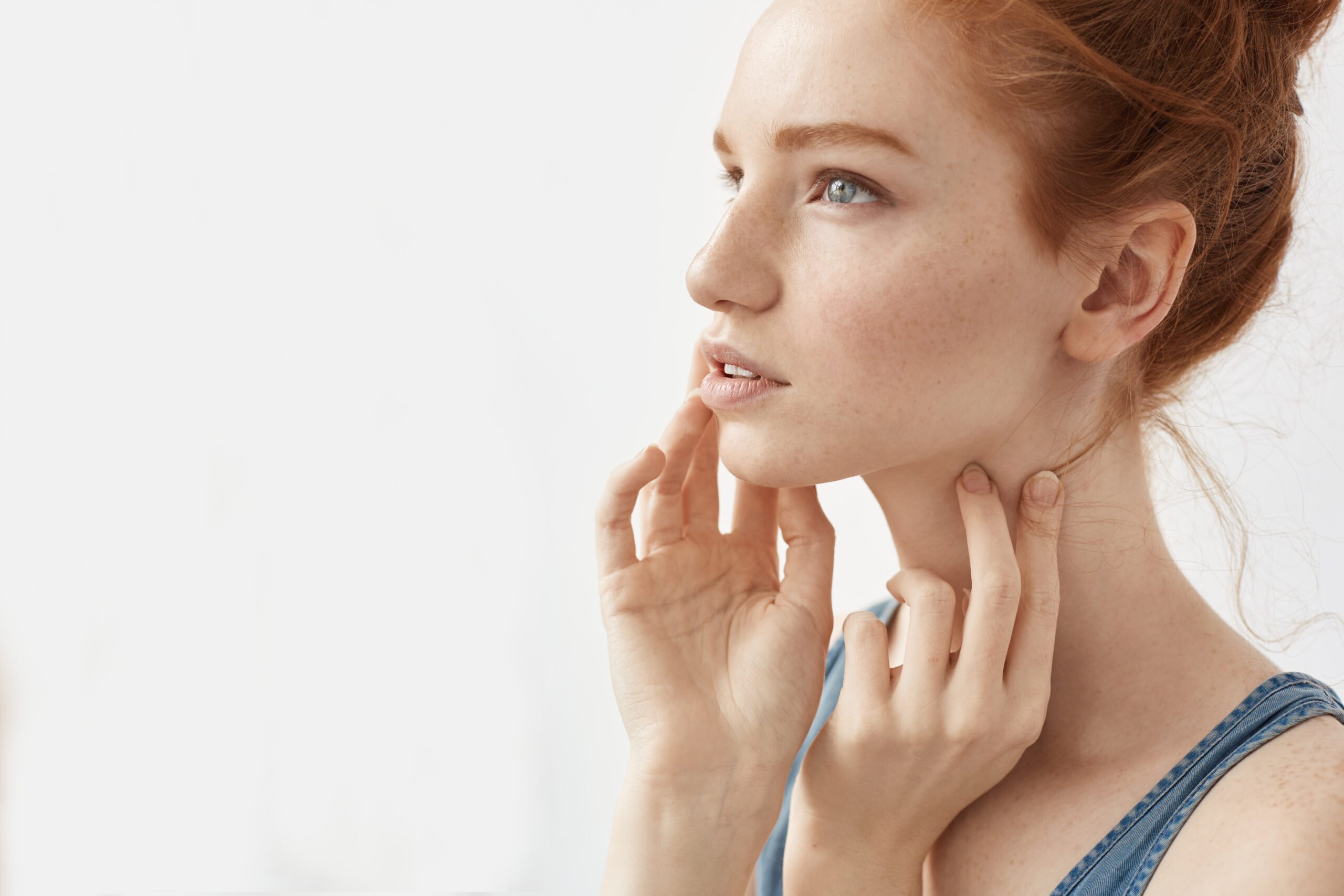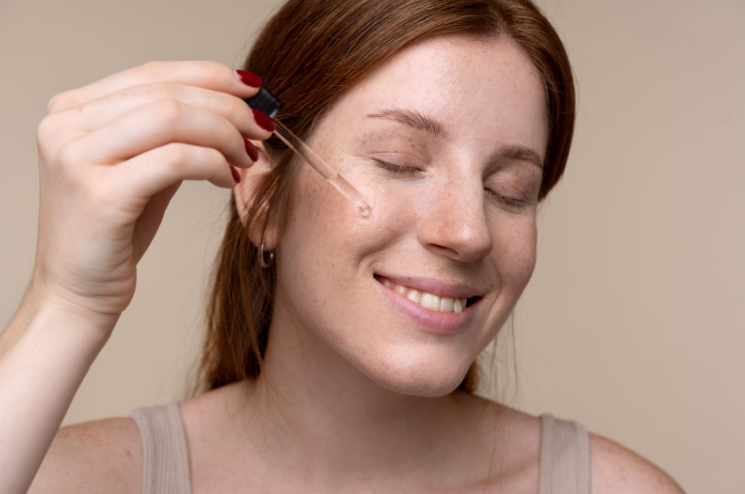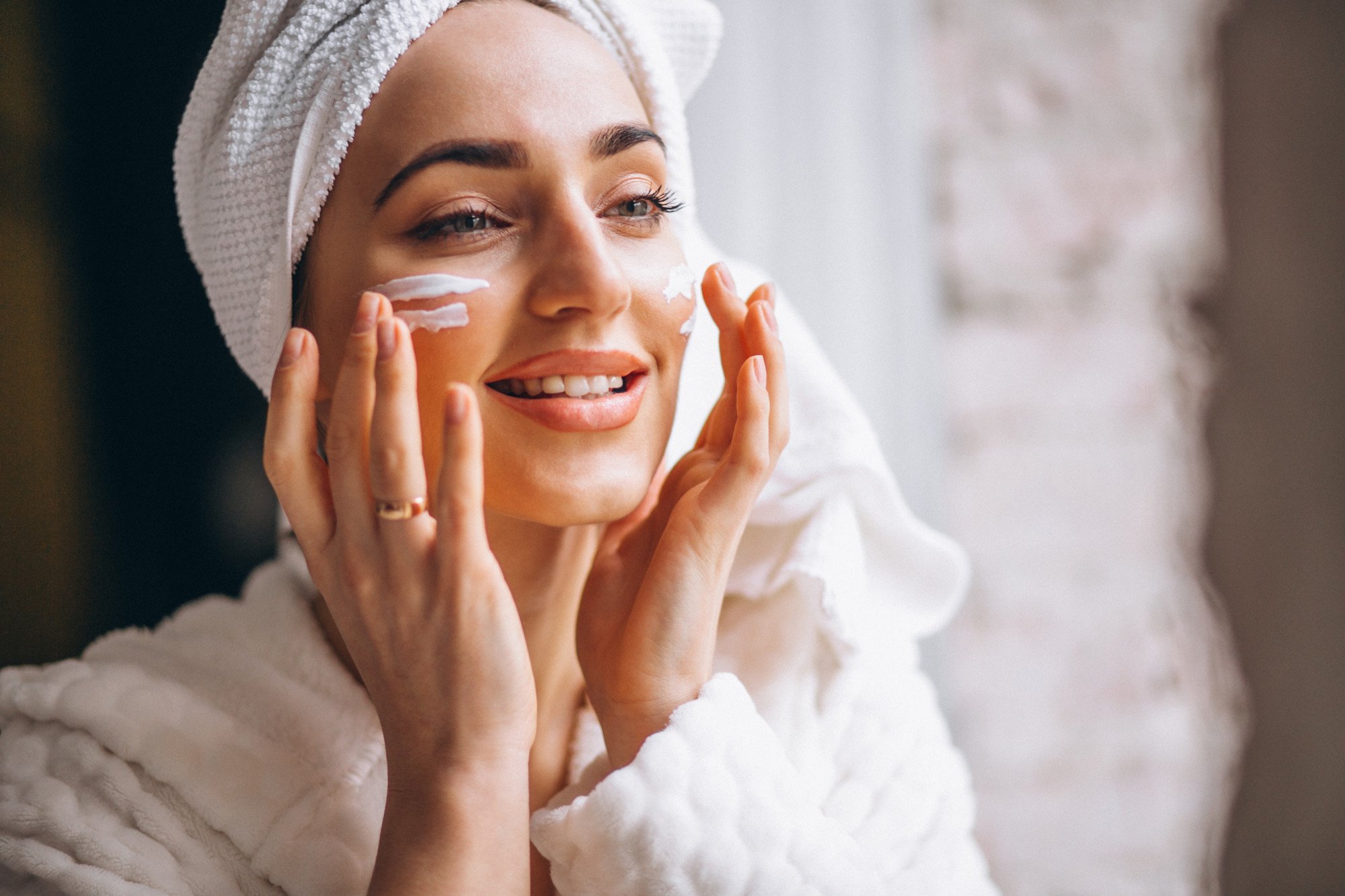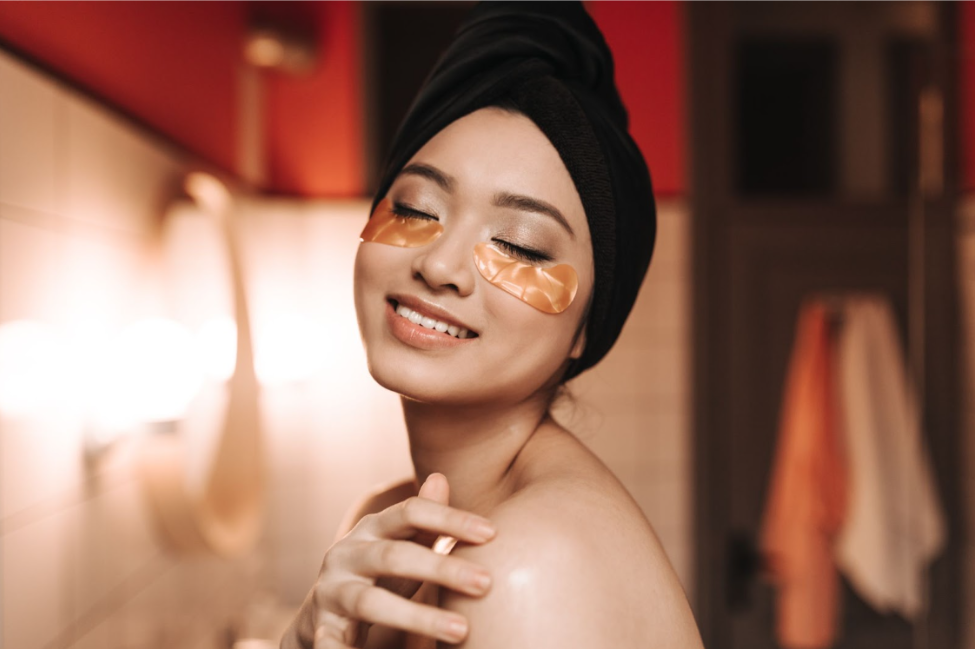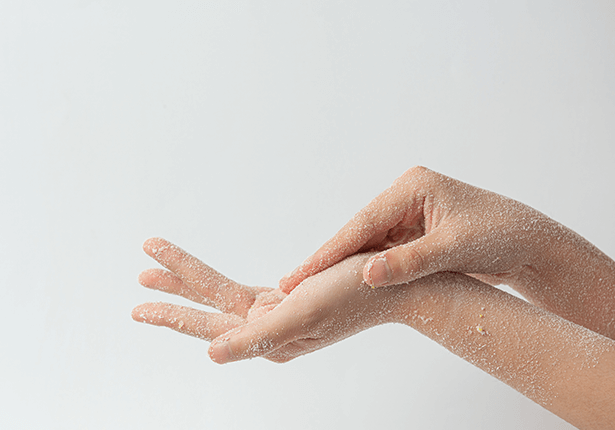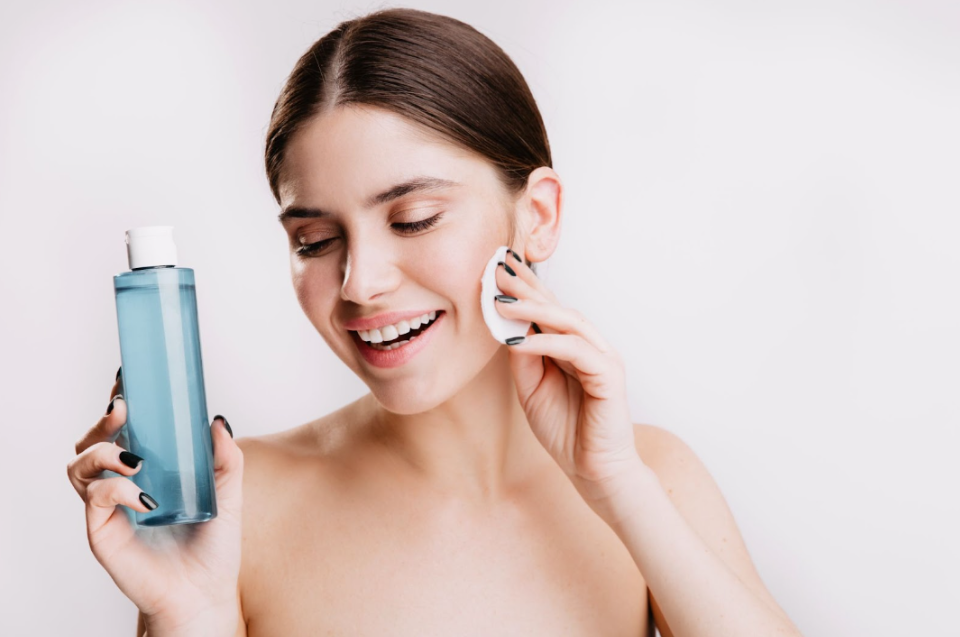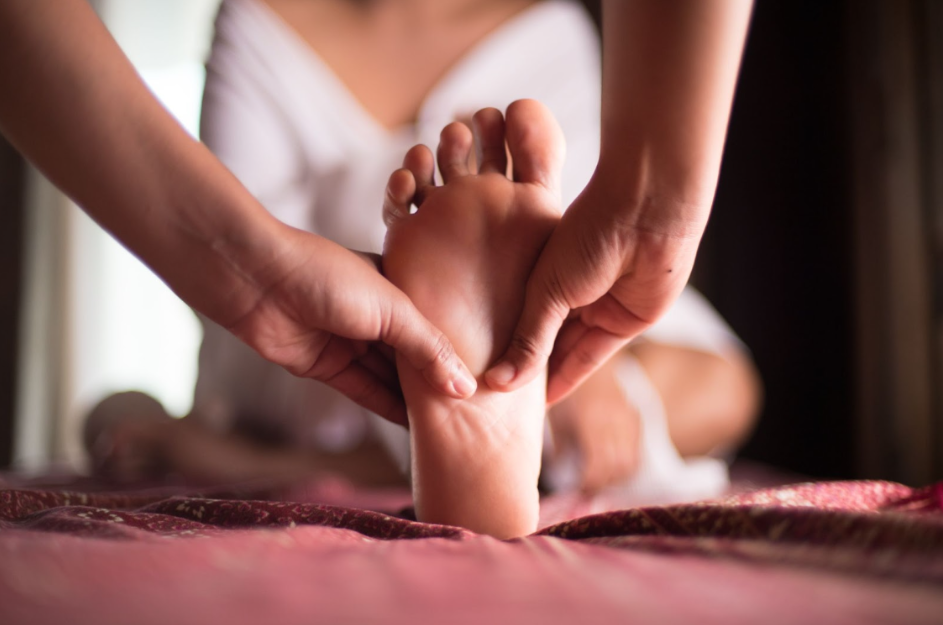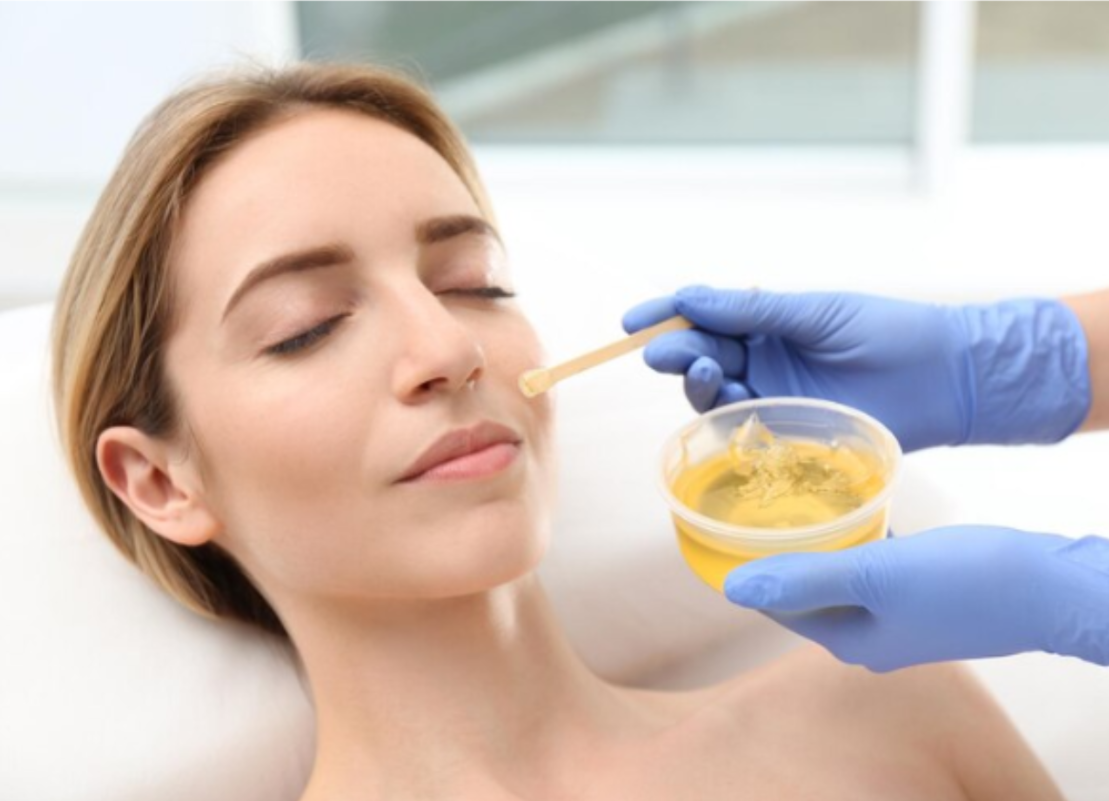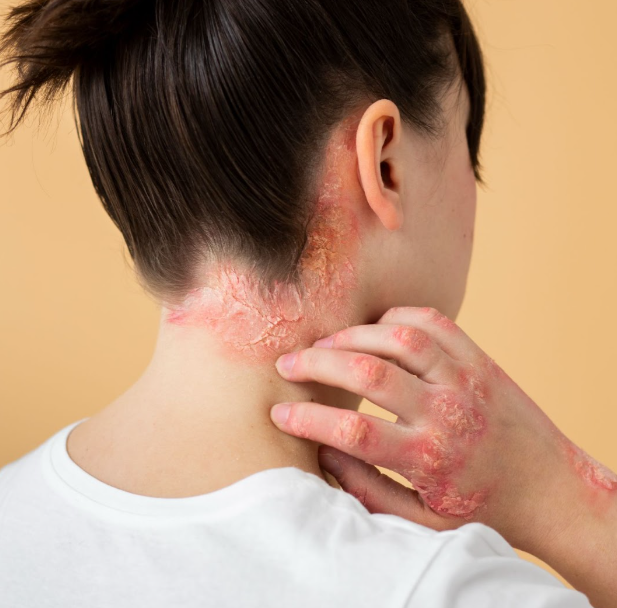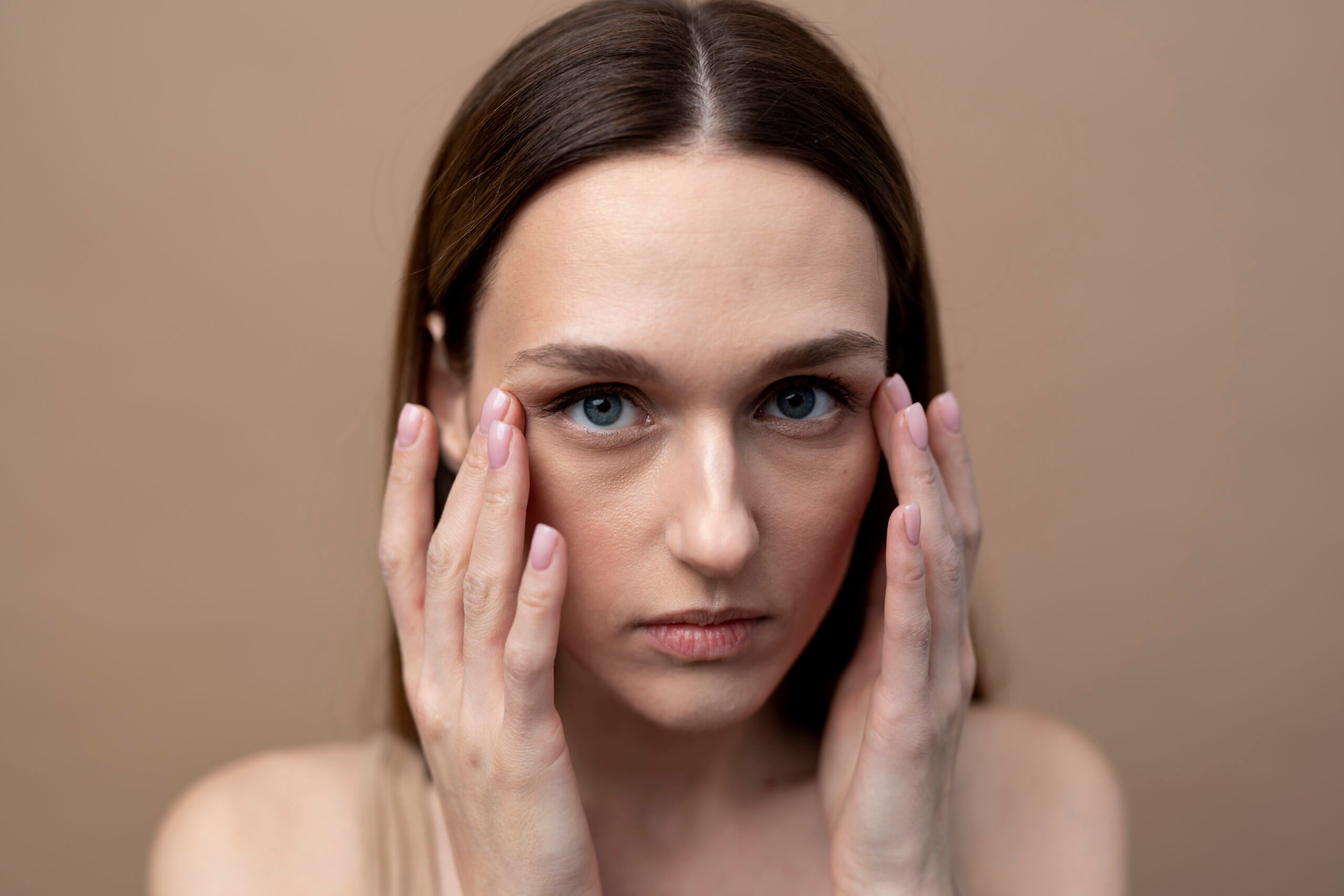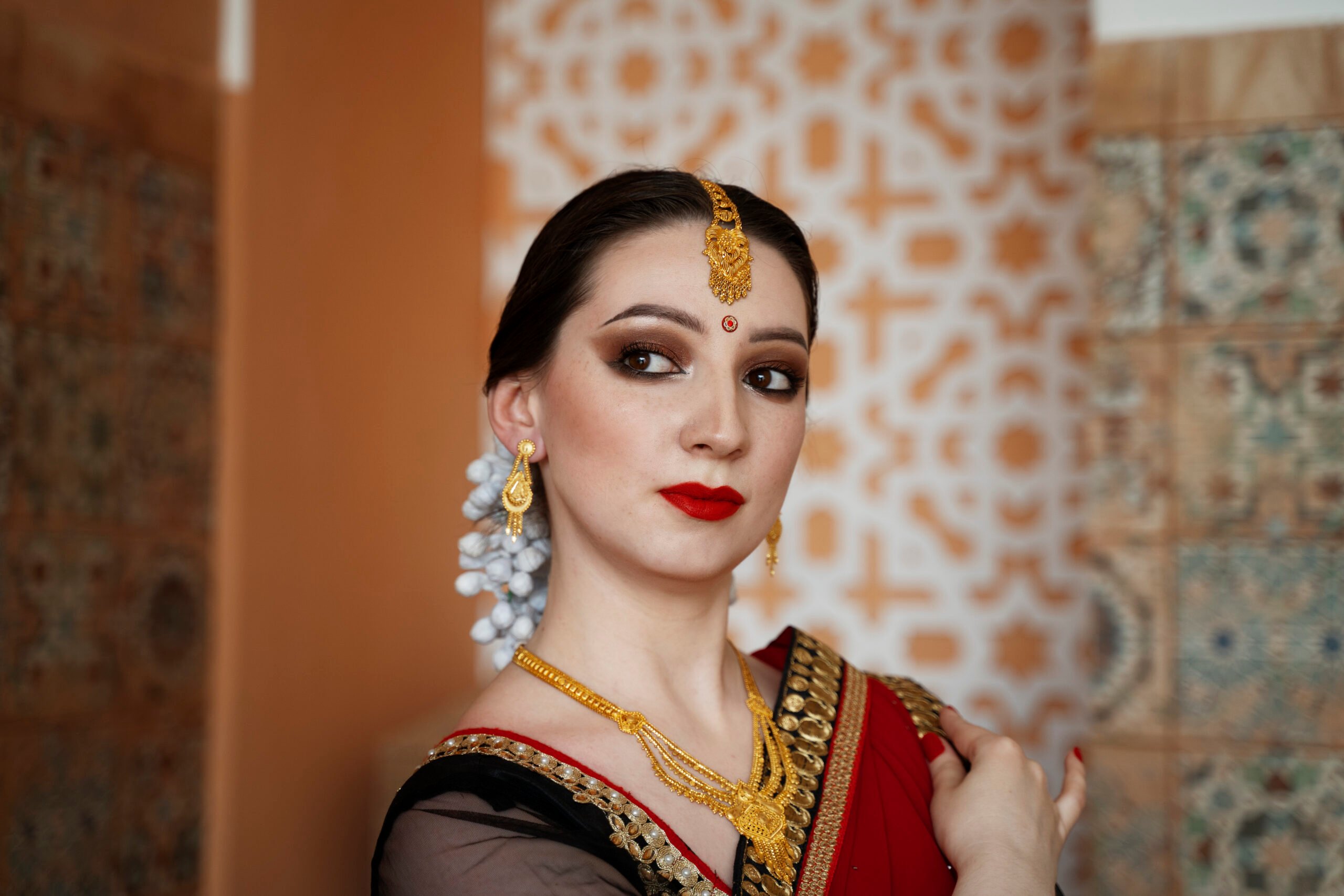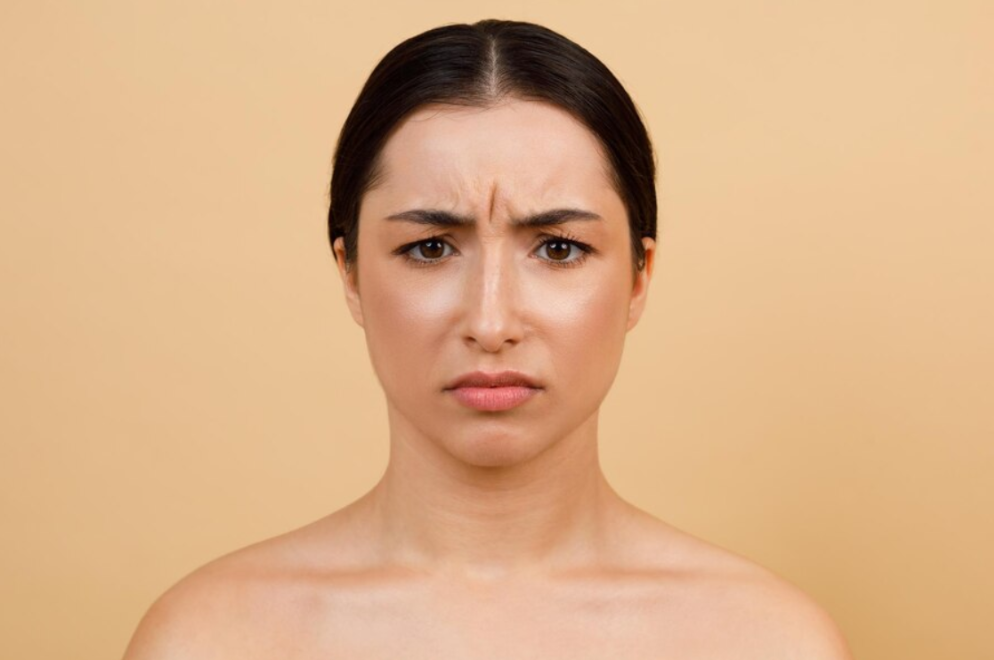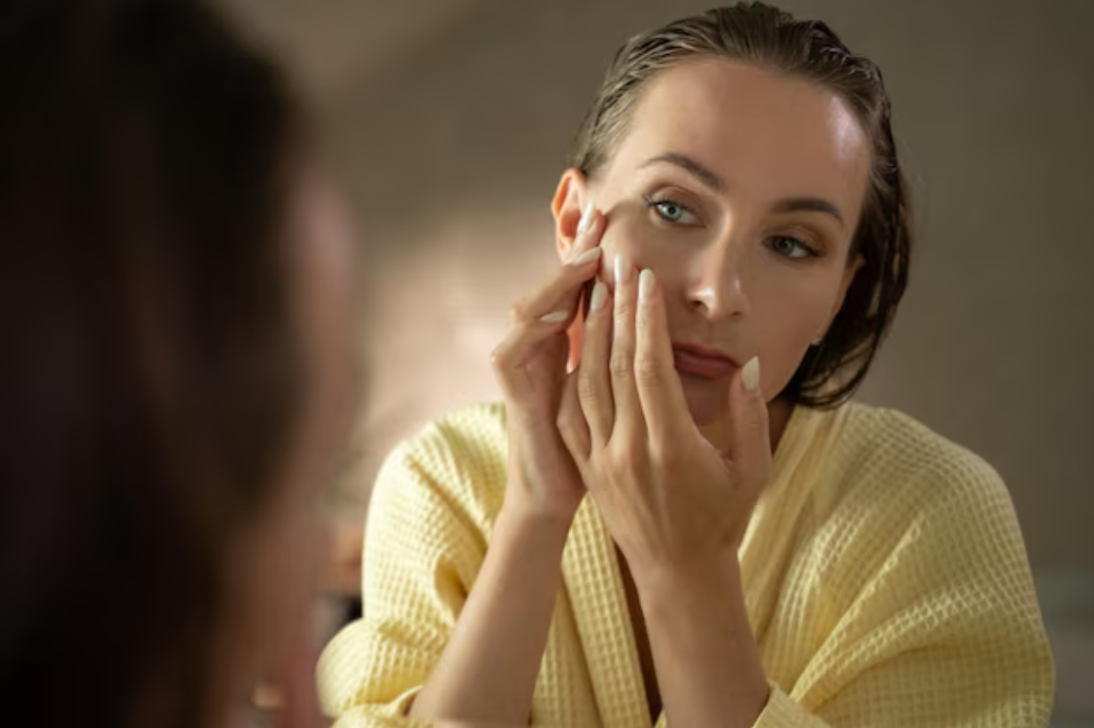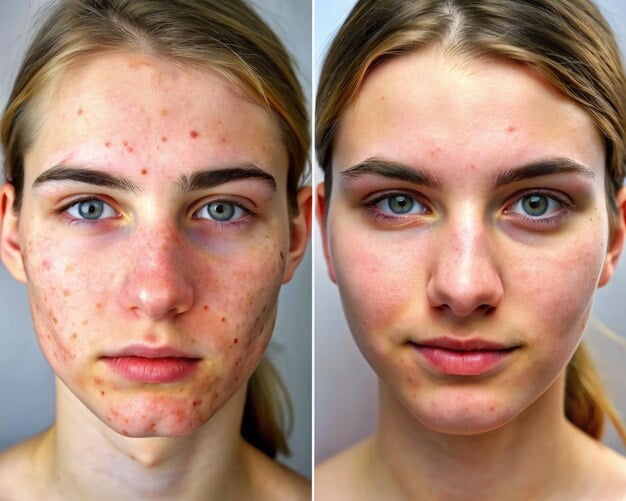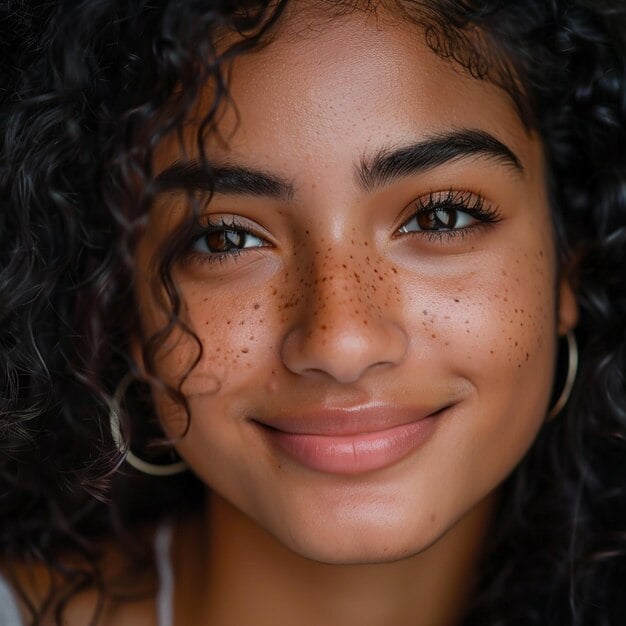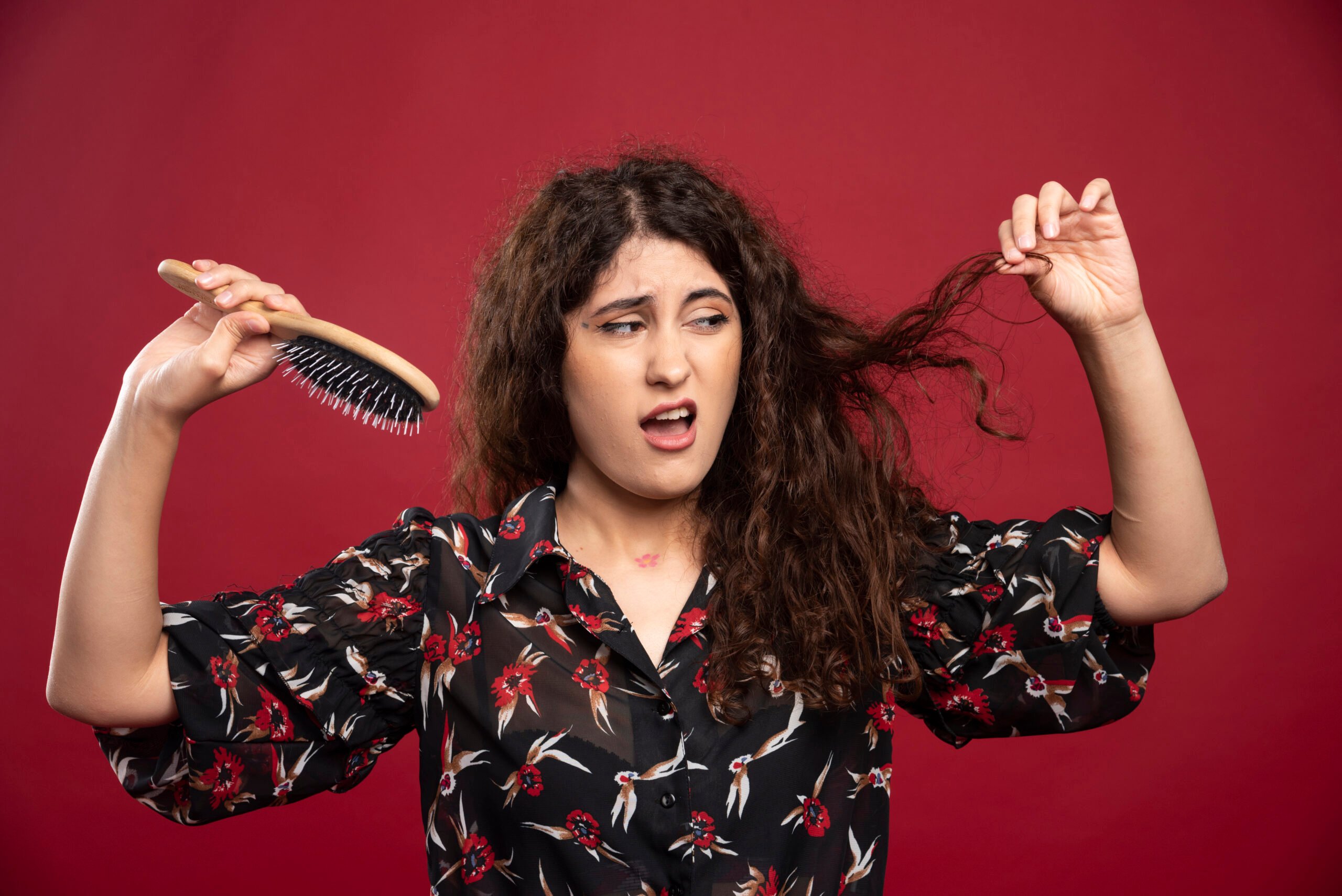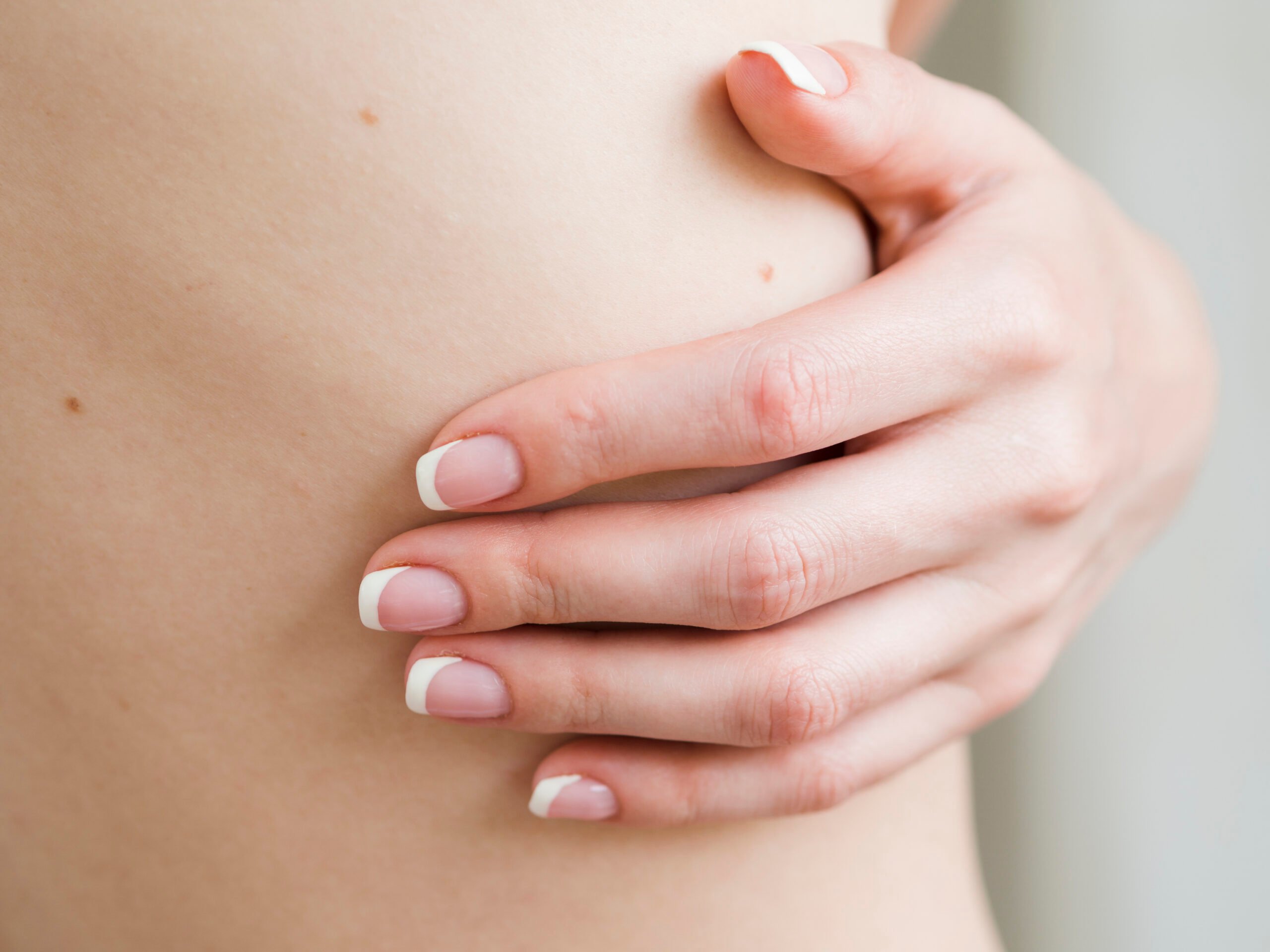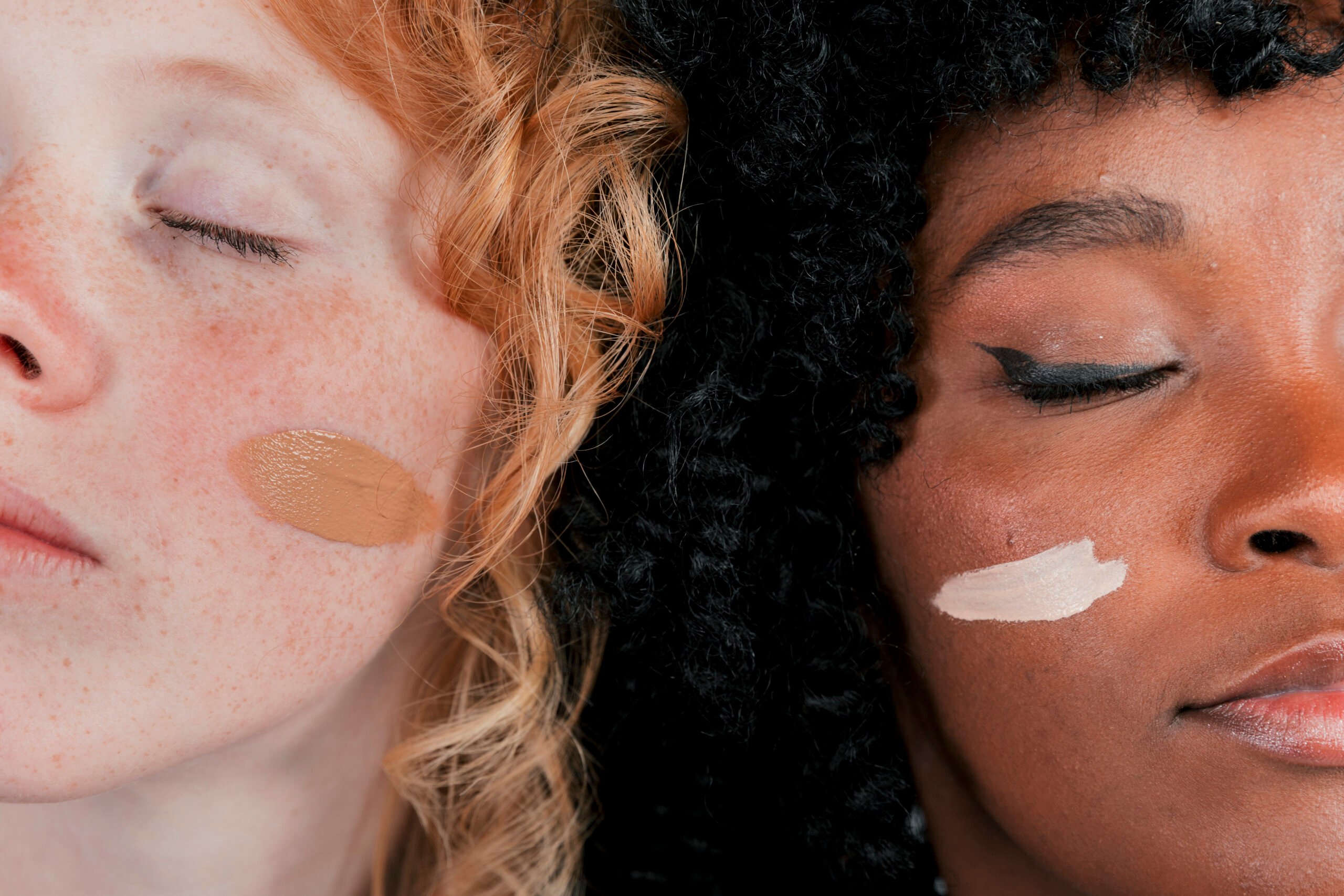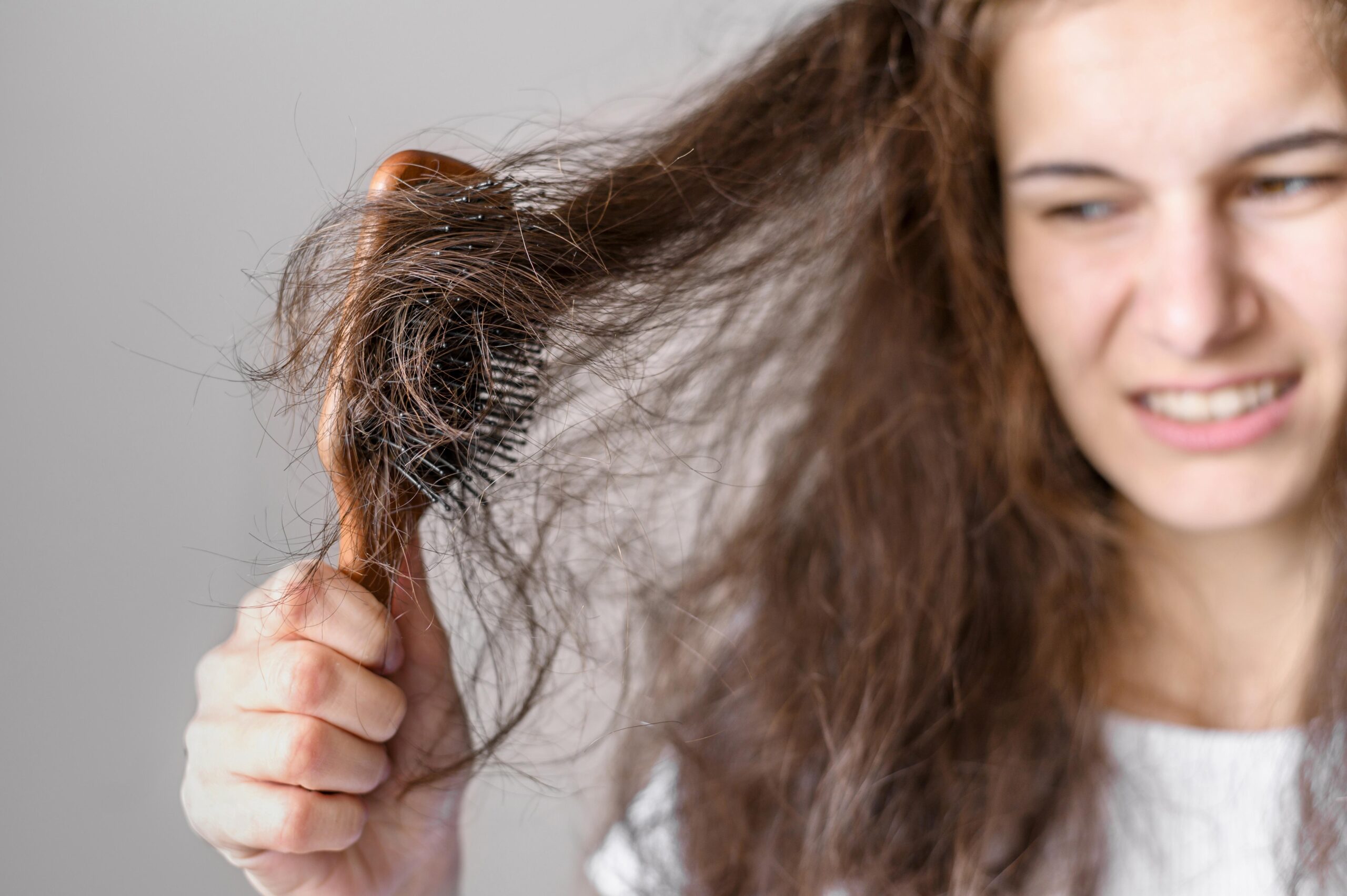Hair
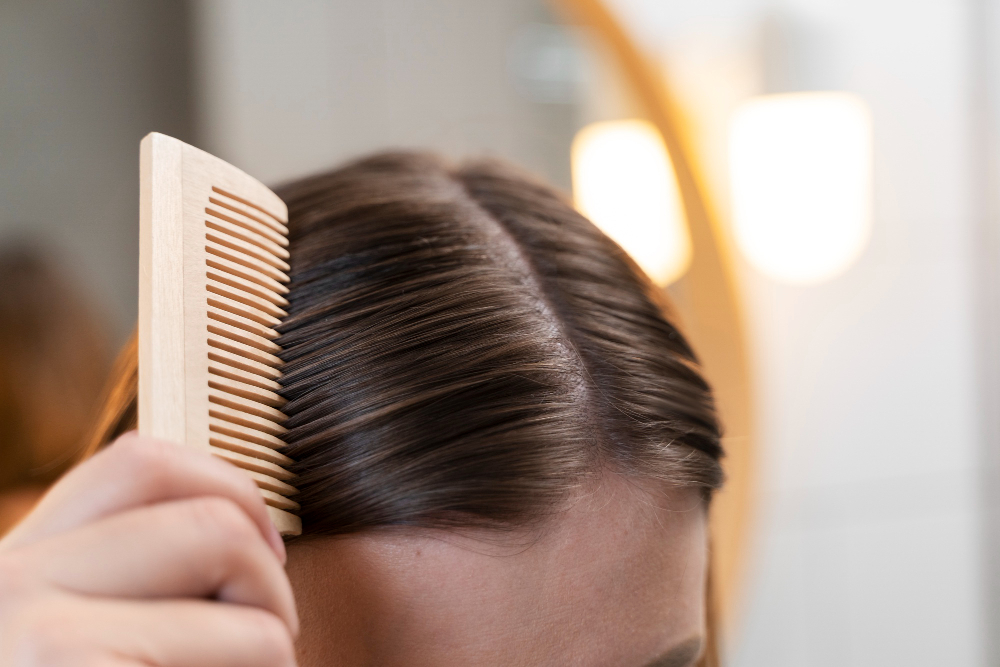
Hair
Hair Follicles 101: Structure, Functions and Associated Conditions
6 minutes read | 9 Nov 23
Think of hair follicles like a bed of soil. Just as much as plants depend on the soil to be healthy to grow, your hair strands depend on these hair follicles, to keep them strong. These tiny, often-ignored hair follicles are like the foundation of your hair's health and style. They determine how your hair grows, its colour, and even how strong it is. In this blog, we'll break down the structure and function of hair follicles and recommend a few treatments that strengthen the hair follicle.
What is a Hair Follicle?

A hair follicle is a tiny, tubular hair structure that resides within the skin. It's the birthplace of your hair, responsible for the growth and maintenance of each strand. These follicles are located all over the body, but they are most concentrated on the scalp.
Understand the Function of the Hair Follicle
Hair follicles are vital to hair growth and maintenance. They produce and nurture hair, ensuring that it remains healthy and vibrant. Each hair strand starts as a small, soft hair and matures into a thicker, longer hair as it emerges from the follicle. Hair follicles also play a role in regulating hair growth cycles.
What Makes Up the Structure of the Hair Follicle?
Hair follicles have several key components like the ones listed below.
-
Hair Bulb
Located at the base of the follicle, the hair bulb is where hair growth begins. It contains cells that divide rapidly, leading to the formation of new hair.
-
Papilla
The hair papilla is a cluster of connective tissue and capillaries that provide nourishment to the hair bulb. It's a crucial component for hair growth.
-
Sebaceous Gland
Found near the top of the hair follicle, these glands produce sebum, an oily substance that lubricates and protects the hair and skin.
-
Arrector Pili Muscle
This tiny muscle is responsible for causing hair to stand upright when you're cold or frightened (goosebumps).
Symptoms of Hair Follicle Conditions

Several factors can weaken hair follicles, leading to hair loss and other issues. Common conditions associated with weak hair follicles include:
-
Alopecia
Alopecia encompasses various hair loss conditions, such as androgenetic alopecia, resulting in pattern baldness, and alopecia areata, which causes patchy hair loss. These conditions disrupt the normal growth cycle of hair follicles, leading to their shrinkage and eventual loss.
-
Thinning Hair
Thinning hair is characterised by a decrease in hair strand thickness and density. This can result from ageing, hormonal imbalances, or genetic factors, affecting the ability of hair follicles to produce robust strands.
-
Dandruff
The constant irritation and inflammation caused by dandruff can disrupt the hair growth process. When the scalp is inflamed, hair follicles may struggle to produce healthy hair, potentially leading to weaker strands and an increased risk of hair loss.
-
Scalp Infections
Scalp infections, whether bacterial or fungal, can cause inflammation and scarring, impairing the follicles' ability to generate new hair. In severe cases, the damage may be irreversible, leading to permanent hair loss. Maintaining a clean and healthy scalp is essential to safeguard hair follicles from these infections.
-
Nutritional Deficiencies
Hair follicles require a variety of vitamins, minerals, and nutrients to function optimally. A lack of these essential components can hinder their ability to produce strong, vibrant hair. Common deficiencies such as iron, biotin, and zinc may lead to hair that is brittle, thin, and prone to breakage, ultimately impacting the quality and appearance of one's hair.
Recommended Treatments to Strengthen Hair Follicles
Now that you understand what is a hair follicle, maintaining healthy hair follicles is key to achieving and maintaining lush, vibrant hair. Here are some treatments and practices to consider.

1. Scalp Massage
Gentle scalp massages are known to stimulate blood flow to the hair follicles. Improved circulation can help in the delivery of essential nutrients to the hair roots, promoting hair growth. Additionally, scalp massages can relax the scalp and reduce stress, which can also benefit hair health.
2. Healthy Diet
A well-balanced diet is crucial for maintaining strong and healthy hair. Nutrient-rich foods provide vitamins like Biotin (B7), Vitamin E, and minerals such as Iron and Zinc, which are essential for hair growth and overall hair health. Including a variety of foods like fruits, vegetables, lean proteins, and whole grains can help maintain the necessary nutrients for your hair.
3. Proper Hygiene
Regular hair washing and maintaining a clean scalp are essential to prevent scalp conditions such as folliculitis, dandruff, and fungal infections. Overuse of harsh shampoos or infrequent washing can disrupt the natural balance of the scalp and lead to hair problems.
4. Avoid Over styling
Excessive use of heat-styling tools like hair dryers and straighteners can damage the hair shaft and follicles. It's crucial to use heat-protectant products before styling and avoid excessive heat. Additionally, tight hairstyles like braids, ponytails, and extensions can cause mechanical stress on the hair and lead to breakage or hair loss over time.
5. Consult a Dermatologist
If you experience persistent hair or scalp issues, consult a dermatologist at Bodycraft Clinic who will help diagnose the underlying causes of your hair problems and provide appropriate hair treatment options. This may include medications, topical treatments, or lifestyle changes to improve hair and scalp health.
6. GFC Treatment
GFC hair treatment, which stands for Growth Factor Concentrate, is a very safe way to treat hair loss. It uses special growth factors from your own blood along with other growth factors, to get the best results. In this treatment, these growth factors are gently injected into your scalp to help with hair loss. GFC not only reduces hair loss but also makes your hair thicker and helps it grow more.
7. QR678® Hair Growth Treatment
QR678® hair treatment is like a special method to make your hair grow back and stop it from falling out but without any surgery. It works by putting a special liquid into your scalp using tiny injections. This liquid tells the sleeping hair roots to wake up and start growing new hair. It’s called QR678® because it's a fast and effective response to a problem that didn't have a solution before. Thanks to QR678®, you don't need to worry about losing your hair anymore.
Takeaway
Hair follicles are the unsung heroes behind our luscious locks. Understanding the structure and function of hair follicles is essential for proper hair care. By nurturing your follicles, you can maintain healthy hair and prevent common follicle-related issues.Book an appointment at Bodycraft Hair Clinic.
FAQs around Hair Follicles
1. How to reopen hair follicles?
Reopening hair follicles typically involves improving blood circulation to the scalp through techniques like scalp massage and adopting a hair care routine that promotes healthy follicles.
2. How can I grow new hair follicles?
New hair follicles typically do not grow once formed. Hair follicle development is genetically predetermined. However, there is ongoing research into regenerative medicine techniques to stimulate the growth of new follicles.
3. How to treat an infected hair follicle?
To treat an infected hair follicle (folliculitis), it's crucial to keep the area clean, avoid further irritation, and consider topical antibiotics or antifungal treatments as prescribed by a healthcare professional.
4. Does dandruff block hair follicles?
Dandruff, if left untreated, can contribute to hair follicle blockage. The accumulation of dead skin cells and excess oil can clog follicles, potentially leading to hair loss. Using dandruff-specific shampoos and maintaining good scalp hygiene can help prevent this issue.
Related categories
Get a complimentary consultation today. Book now
























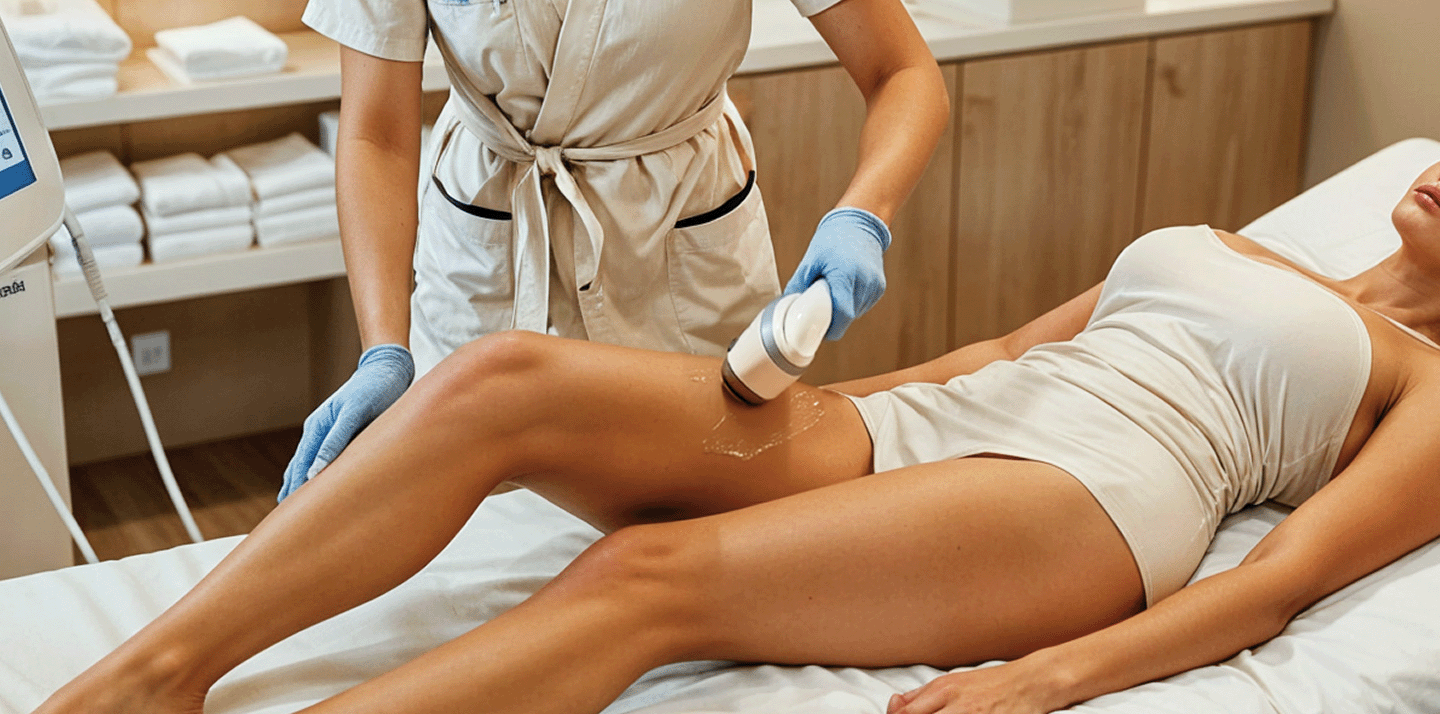














.png)

























-1.png)

